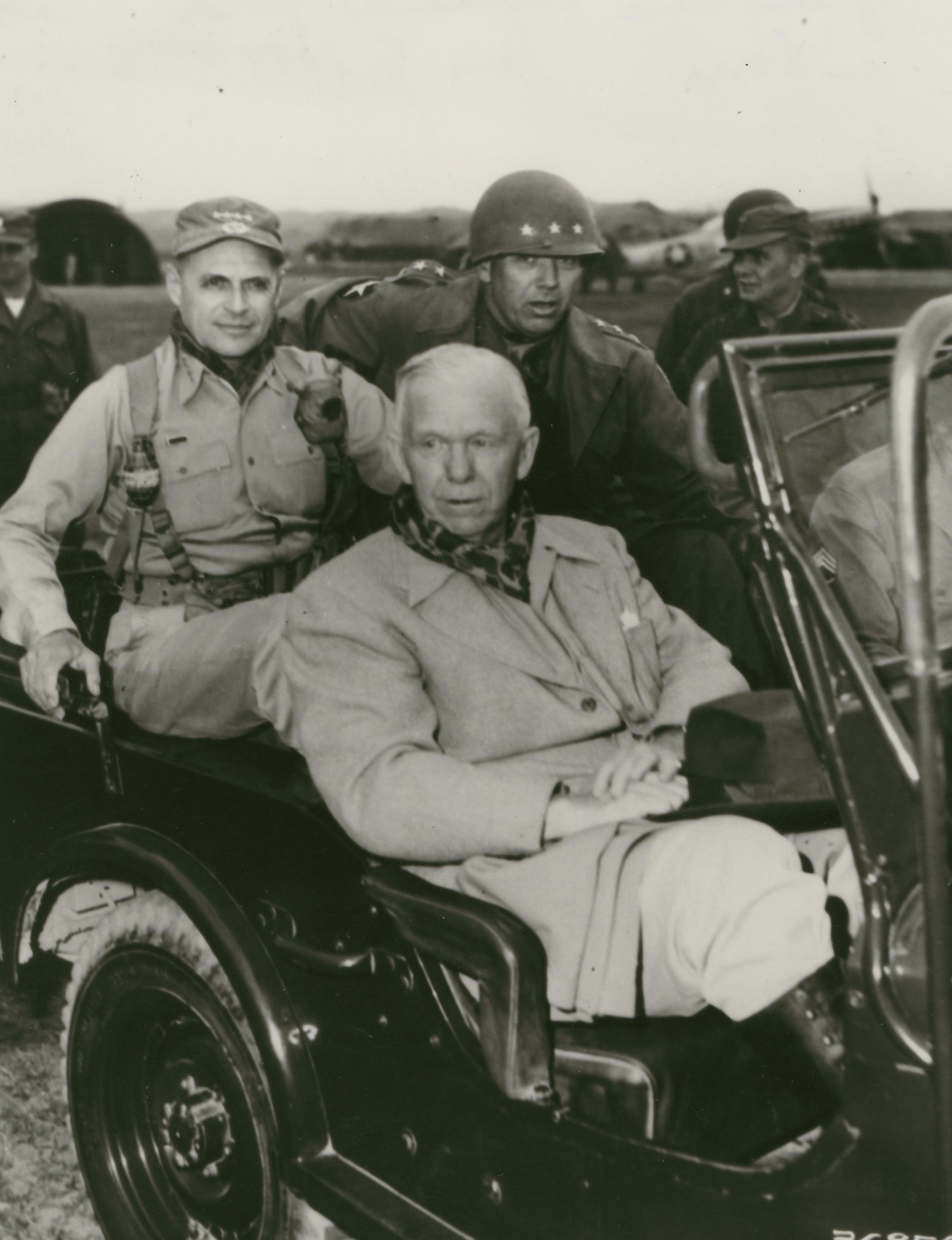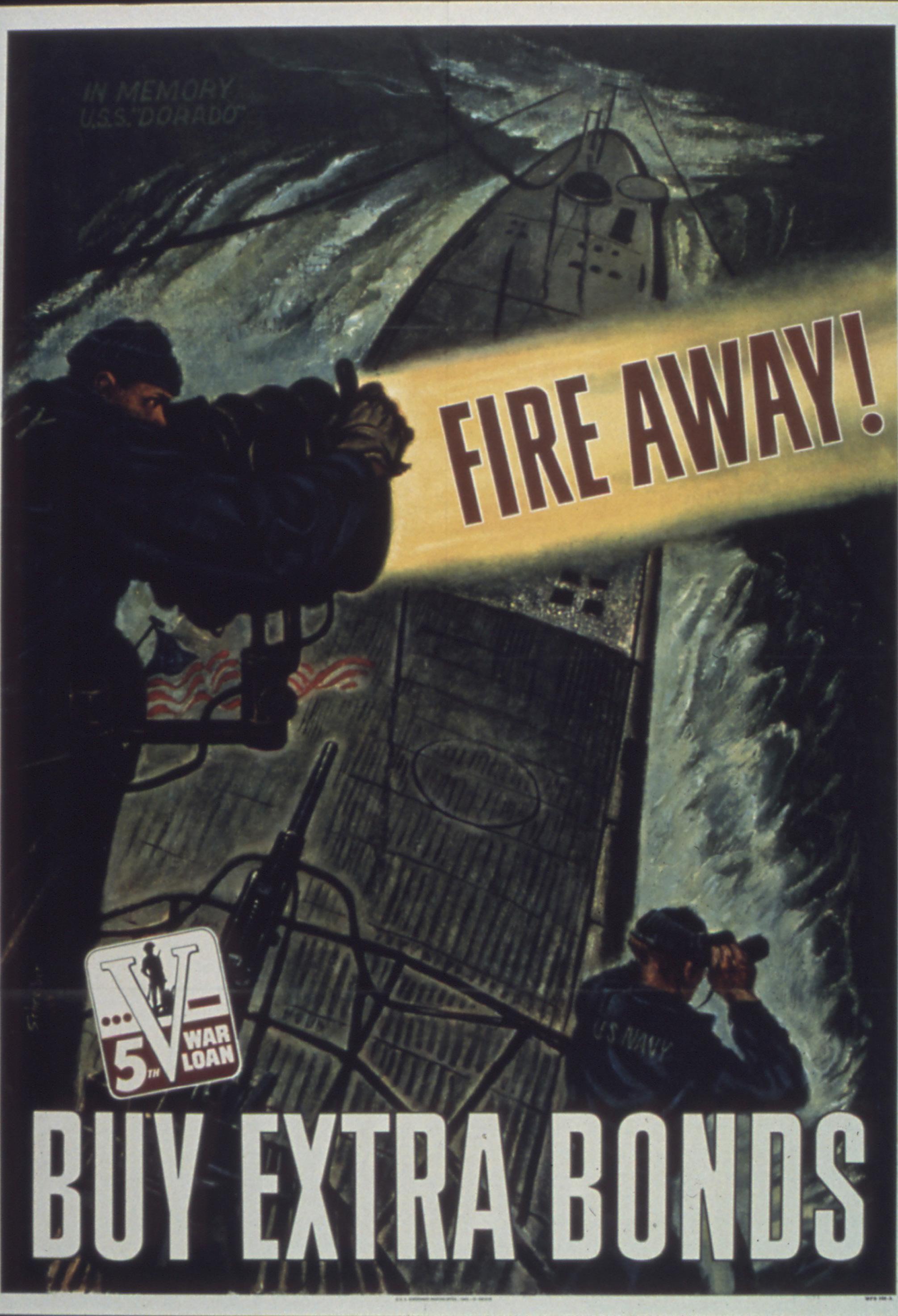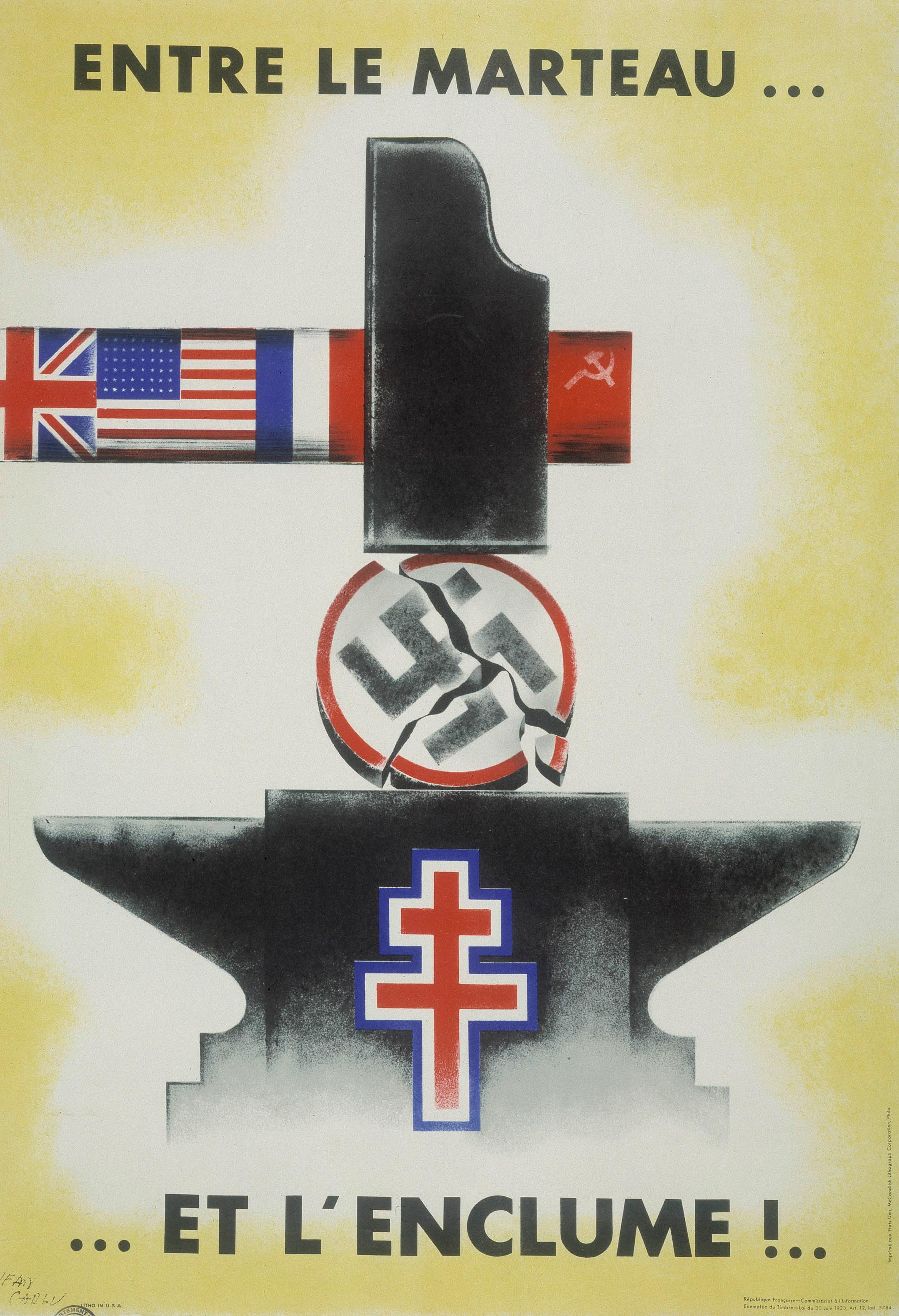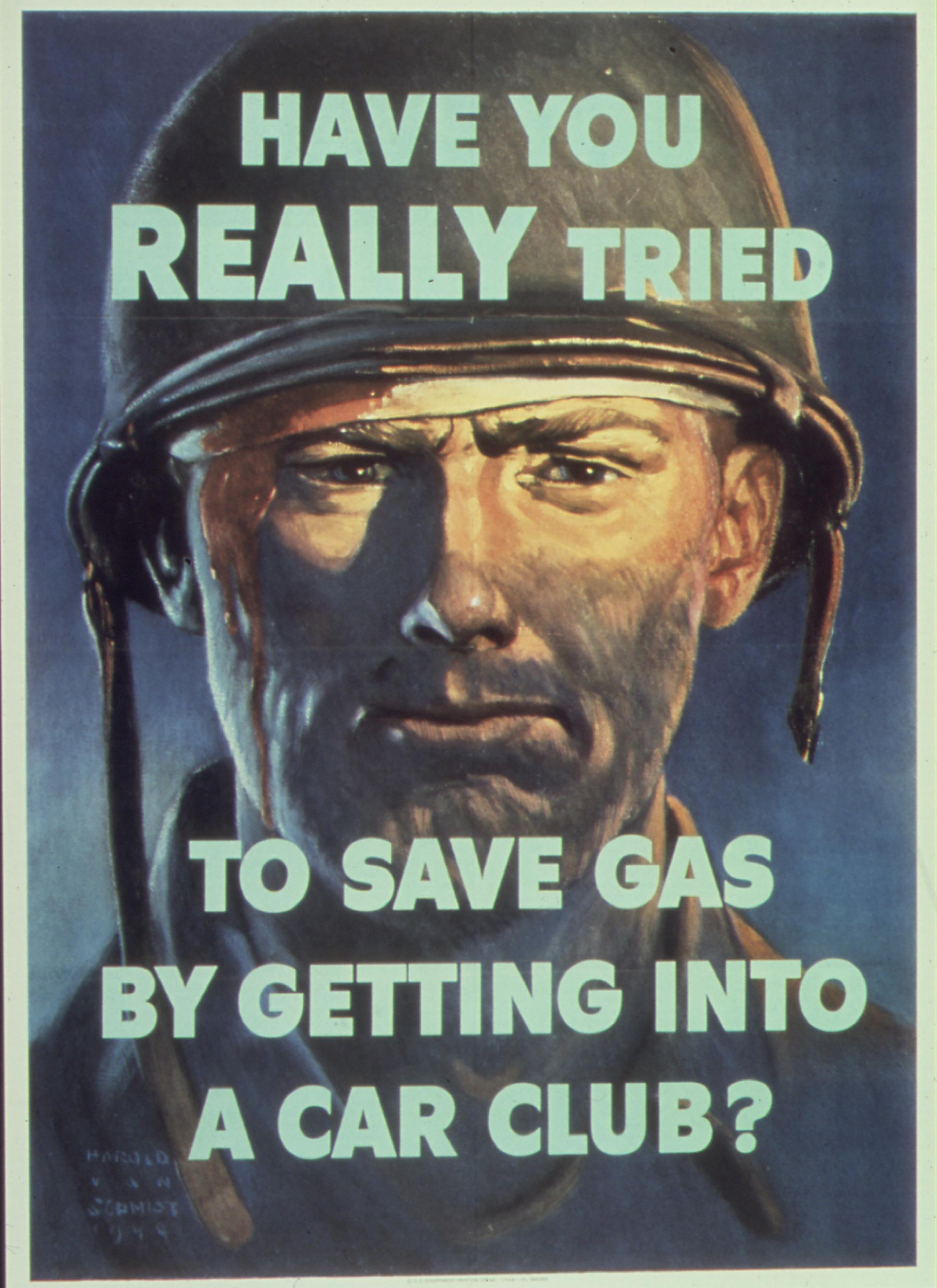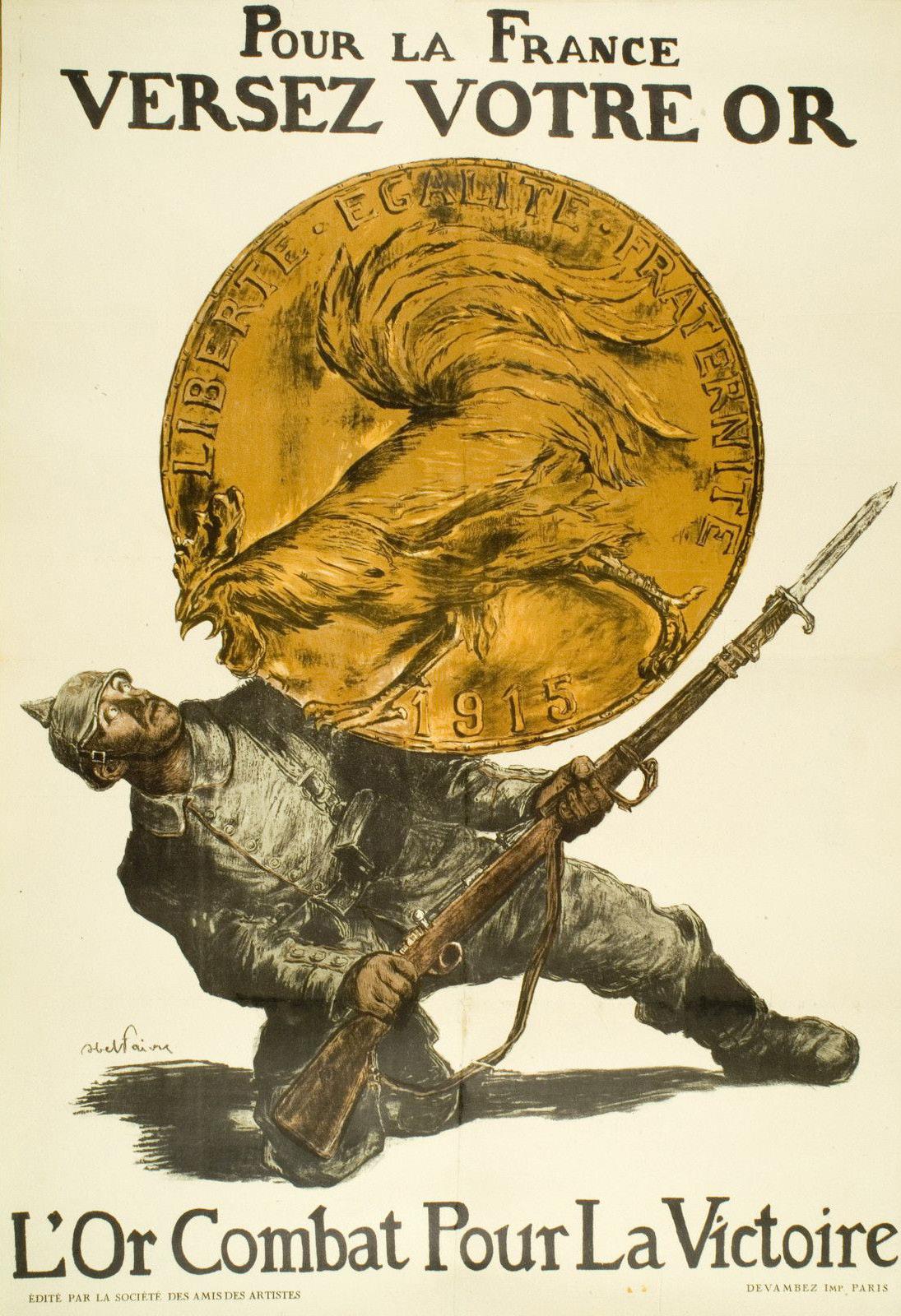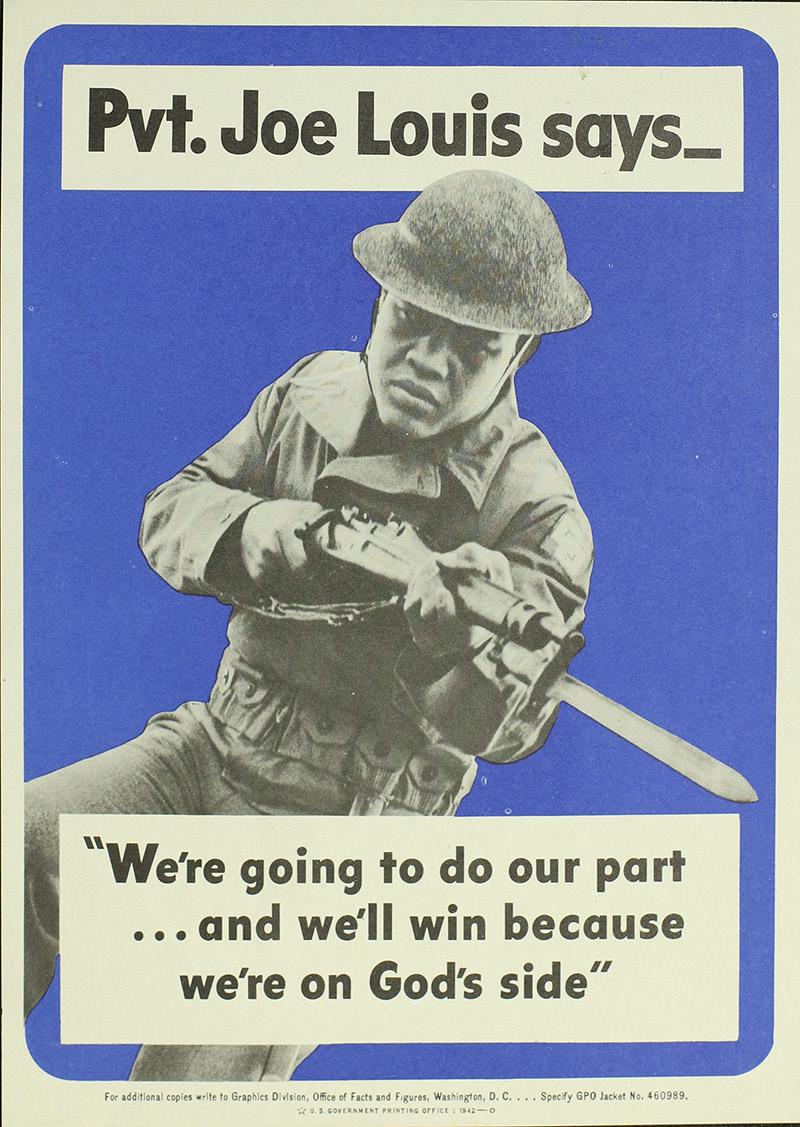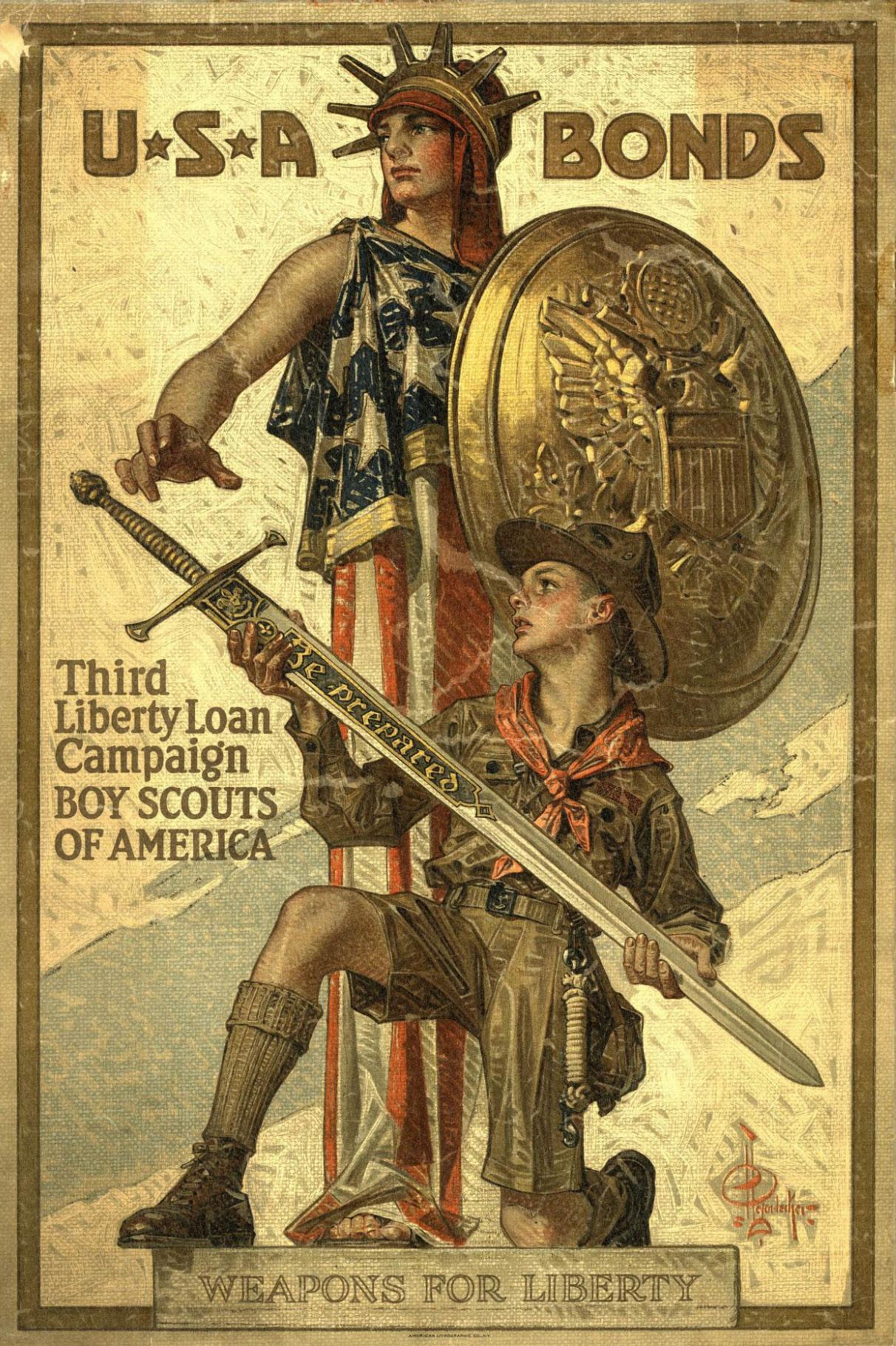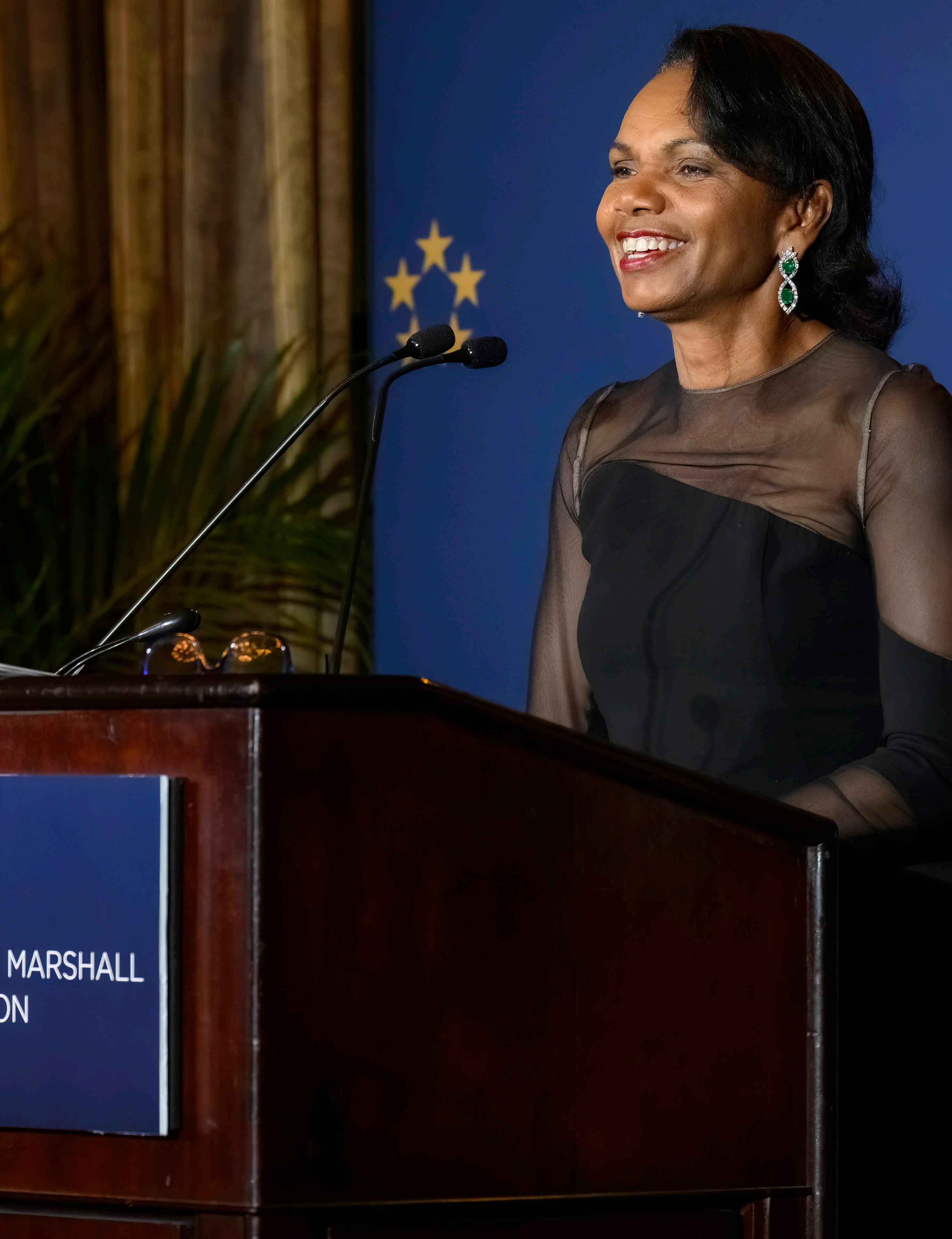EFFECTIVE SYNERGY
GENERAL JAMES A. VAN FLEET AND THE GREEK CIVIL WAR, 1948–1949
by Chris Cocoris
INTRODUCTION
by David Hein
The Marshall Foundation Scholars Program continues strong, and Melissa Davis, Director of Library and Archives, and I look forward to building this program further in the years ahead. We are contemplating new initiatives, including expanding this educational venture to include MA and PhD students in history and cognate disciplines; and we are heartened by our enhanced ability to offer overnight accommodations to student researchers, possible publication in this magazine, and awards for the best papers. An annual dinner or luncheon with a notable speaker is also under consideration. Supporters of the Marshall Foundation have been generous with their
financial gifts and their encouragement, and we thank them for their expressions of confidence in this program.
Undoubtedly the best way to express both our gratitude to the friends of the Foundation and our commitment to sharing the legacy of General George C. Marshall is to bring you another paper by one of our young but already quite able scholars. Indeed, readers of Marshall magazine have made it clear that these occasional papers are among their favorite features, not only because of the fresh research and writing they represent but also because of the witness these published articles bear to the engagement of rising genera-
Opposite: General Marshall visits the front lines in Korea, flanked by Generals Ridgway (rear left) and Van Fleet (rear right), June 8, 1951.
3
MARSHALL SCHOLAR
tions of young adults. The Marshall legacy must be transmitted successfully to young people now in their teens and twenties. Our education programs lie at the heart of this vital mission.
The author of this article on General James A. Van Fleet and the Greek Civil War is Chris Cocoris, who wrote his paper while a senior at the Virginia Military Institute. He graduated in May 2023 with both Institute and departmental honors, as well as a bachelor’s degree in history (with a concentration in military history), a minor in national security, and a minor in Spanish. Born and raised in Athens, Greece, to an American father and a Greek mother, Chris served as president of VMI’s chapter of Phi Alpha Theta, the national honors society in history, and as executive officer of First Battalion. His principal focus has been the study of asymmetric warfare—a valuable approach implemented during the Cold War, involving not only military and intelligence capabilities but also psychological and economic weapons.
Chris has studied in particular insurgencies and counterinsurgencies, an interest which led to his senior thesis and Marshall Foundation Scholars paper on the Greek Civil War, which was one of the earliest insurgencies of the postwar era. His research paper, from which this article was developed, is titled “Suppressing the Red Tide: Greek-American-British Counterinsurgency Efforts in the Third Phase of the Greek Civil War, 1945–1949.” In this larger work, Chris highlights the ways in which the Greek government, with British and American assistance, defeated the communist insurgency in Greece. The article that follows focuses on the efforts of General Van Fleet, commander of the American advisory group in Greece.
The documentary sources of this article are not visible to readers, but rest assured that it is based primarily on original research conducted at our Marshall Research Library. The James A. Van Fleet Papers proved instrumental in the development of Chris’s thesis and article, giving him ac-
cess to operational plans, maps, correspondence, and intelligence reports related to the Greek Civil War and to the activities originating in Van Fleet’s headquarters.
This article provides a glimpse of the crucial role played by an American lieutenant general in the early months of the Cold War, when Van Fleet was called upon to execute the Truman Doctrine and to help thwart communist aggression. Van Fleet performed well, not only in providing advice but also in adminstering millions of dollars in military aid.
In conclusion, I’ll add just one final comment about this article and its author: Chris Cocoris was easy to work with. In fact, he’s a self-starter and made my time as an academic advisor pretty easy. General Marshall greatly appreciated officers who demonstrated intelligence and initiative, and he undoubtedly would have been proud to have his name associated with the outstanding work displayed here. He also would have been heartened by the fact that young people of the caliber of Chris Cocoris—lacking neither professional skills nor historical perspective—are going into the U.S. military. Chris has been commissioned into the United States Army as an active-duty second lieutenant of infantry.
For information about the Marshall Foundation Scholars Program, visit https://bit.ly/42LnwoB
David Hein, PhD, FRHistS, is Senior Fellow at the George C. Marshall Foundation and Distinguished Teaching Fellow at the Russell Kirk Center for Cultural Renewal. His publications include 10 books and 75 articles.
4
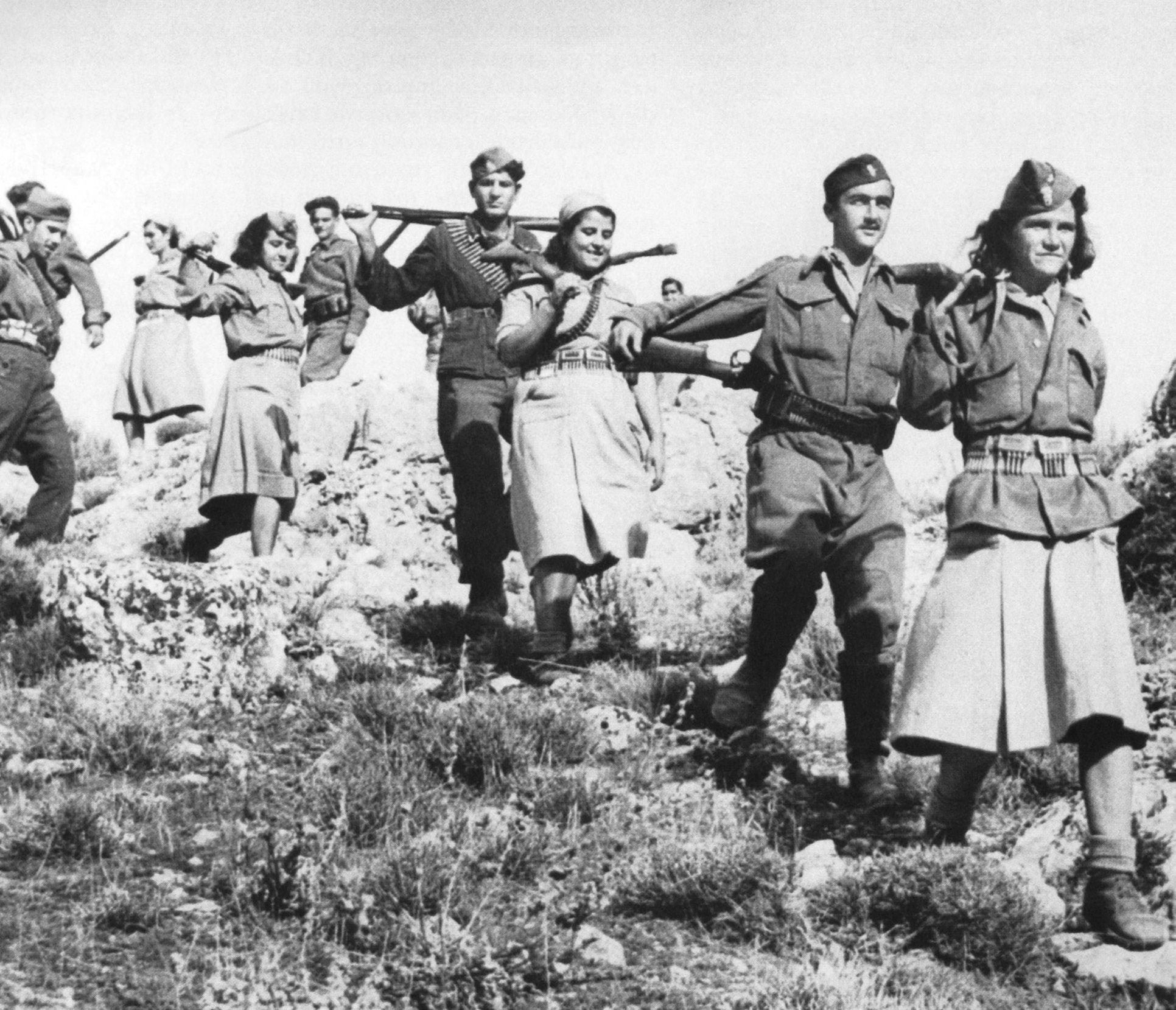
Following the carnage of the Second World War, multiple communist-inspired subversive organizations that had resisted Axis powers’ occupations increased their strength and attempted to seize political control of their nations. One of the first cases of a Cold War internal conflict between communist insurgents and a government, the Greek Civil War resulted in a rare victory for a government against an insurgency.
This conflict pitted the royalist right-wing Greek government of King George II (and of King Paul after George’s death) against the Communist Party of Greece (KKE) and its military arm, the Democratic Army of Greece (DSE). The Greek communists reconstituted their strength
from the remnants of the Greek People’s Liberation Army (ELAS), defeated in 1945 by the combined Greek and British forces defending Athens. In 1946 the KKE and the DSE engaged in conventional warfare to seize control of Greece and to establish an independent communist state. Through the support of the United States and the United Kingdom and by means of combat-proven counterinsurgency methods, the Greek government managed to suppress the communist insurrection, despite the insurgents’ successes during the war’s initial phase.
One of the Greek Civil War’s most influential counterinsurgency initiatives was the advisory assistance provided by the Joint United States Military Advisory and Planning Group Greece
5
ELAS fighters in Greece, 1944. Greek Ministry of Foreign Affairs photo.
(JUSMAPG). Led by the orchestrator of victory, United States Army Lieutenant General James A. Van Fleet, the American advisory program brought necessary changes to the Greek National Army (GNA), allowing the Greek state to regain the initiative and suppress the communist insurgency.
Instrumental to General Van Fleet’s ability to influence the Greek armed forces was his friendly and professional relationship with the Greek royal family, who were willing to support the American general’s initiatives. Through his assistance with operational planning and the Greek National Army’s professionalization, Van Fleet’s leadership proved critical in enabling the Greek government to achieve victory. Observing the unprofessional Greek armed forces, Van Fleet made several changes in their training and leadership. He introduced the GNA to modern infantry tactics, provided personal mentorship to officers and non-commissioned officers, and relieved of command unprofessional Greek commanders who lacked aggressiveness.
The Greek Civil War raged for three years before Van Fleet arrived in Greece. During the war’s two opening years, before the U.S. intervention, the United Kingdom provided advisory
and financial assistance to the Greek government. Facing an economic crisis and domestic upheavals, the United Kingdom had to withdraw its financial and military support to Greece, leading to American intervention. Through the declaration of the Truman Doctrine in 1947, the United States solidified its commitment to supporting the Greek government. A key part of the U.S. intervention was the JUSMAPG, which Major General William G. Livesay initially led. Although Livesay was an experienced officer with several years of combat experience in both world wars, the JUSMAPG and the Greek armed forces could not produce the desired results and defeat the communist insurgency.
On November 20, 1947, during the wedding of Prince Philip of Greece and the British Princess Elizabeth, Queen Frederika of Greece conveyed to Secretary of State George C. Marshall her concerns regarding the JUSMAPG’s inability to professionalize the Greek National Army. Frederika requested a more aggressive and combat-oriented leader for the JUSMAPG, telling Marshall: “You have sent us a supply officer. We need a combat general who can train our soldiers to fight the communist bandits.”
Recognizing the issue at hand and attempting
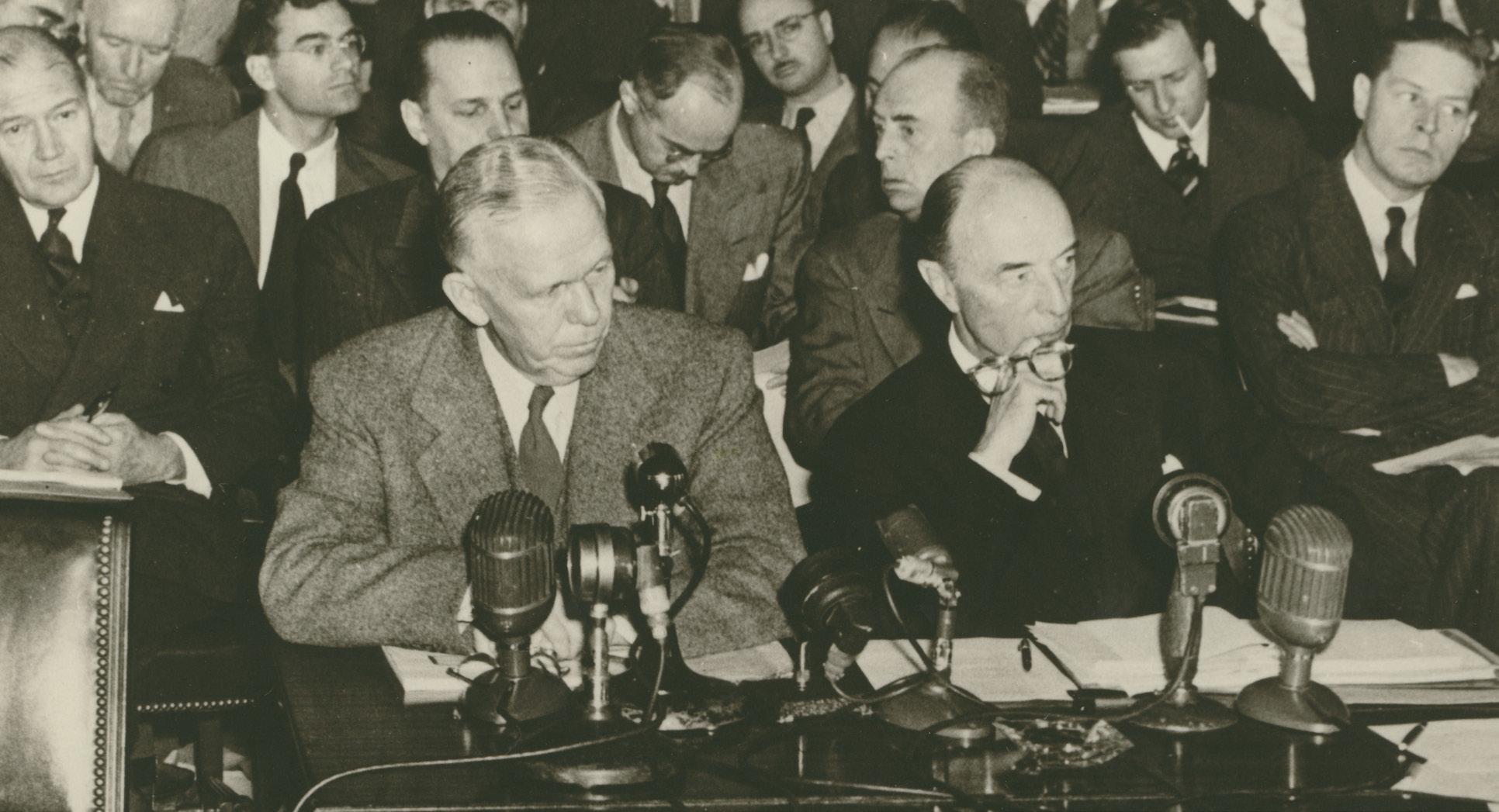
6
Secretary of State Marshall, flanked by Under Secretary of State Robert Lovett, testifying before the Senate Foreign Relations Committee on European Recovery, November 10–11, 1947.
to satisfy Frederika’s request for a combat leader, Marshall approached Van Fleet and asked him if he was willing to support the Greek government. Van Fleet accepted, assuring Marshall that if the Greeks had the will to win, he could train them to be victorious. Following his assumption of JUSMAPG’s command, Van Fleet arrived in Greece the next day. Marshall informed Frederika: “I arranged to have Lieutenant General James A. Van Fleet sent to Greece as the senior military official. This action was taken to benefit the Greek government, particularly the Greek Army, from the advice of probably the most aggressive and hard-driving Army Corps Commander we developed during the war.”
General Van Fleet’s good relationship with the Greek royal family would allow him to impose changes on the Greek National Army’s chain of command, operations, and training. Marshall advised Van Fleet that his priority upon his arrival in Greece should be to meet with King Paul and Queen Frederika and win their trust. He told Van Fleet: “Get them involved with the war. Take them along with you when you visit the front, so that the soldiers and the people know that the royal family stands behind you.” Van Fleet followed Marshall’s advice, and the Greek govern-

ment’s support enhanced the American advisory group’s legitimacy. It allowed Van Fleet to use the royal family’s executive power to increase the validity of the JUSMAPG’s planning, to ensure the Greek military’s cooperation, and to increase the morale of the Greek forces.
Van Fleet formed another crucial relationship with Greek Prime Minister Themistoklis Sophoulis, who was ill when Van Fleet arrived in Greece but managed to meet with the American general in the hospital. There he declared his unconditional support, stating: “General Van Fleet, I look upon you as our savior and will support you in any way you wish, to save Greece.” In addition, Sophoulis warned Van Fleet of potential intelligence breaches by secret communist supporters within the Greek government and the military chain of command. Sophoulis told the general: “Please do not tell the Greek Cabinet what you are doing, and, most of all, do not tell the Minister of War your operations. If you tell one Greek, the Greek character is such that he cannot keep a secret, and the enemy will learn about the operation before morning. Please, do not even tell me.”
Van Fleet and Sophoulis established a sound relationship based on mutual respect and on a firm understanding that both shared the common
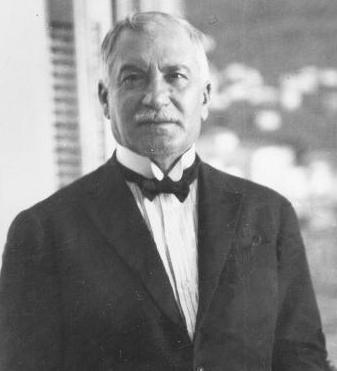
7
Left: King Paul I and Queen Frederika of Greece visit the USS Providence, May 1947. US Navy photo.
Right: Greek Prime Minister Themistoklis Sophoulis, no date. Wikimedia photo.

James Van Fleet and Greek War Minister
Kanellopoulos walk between lines of soldiers.
Makronisos Island, ca. 1948–49.
(Everett Collection Historical / Alamy Stock Photo)
objective of saving Greece from a communist takeover. Van Fleet would take Sophoulis’s suggestions to heart, thus enhancing the operational secrecy of the Greek National Army.
Instilling aggressiveness in the Greek soldiers would be one of Van Fleet’s primary focus areas. The American advisors determined that the principal reason for the GNA’s failures against the insurgents was the officers’ reluctance to take the initiative and exploit advantageous battlefield situations. After a series of unsuccessful battles against the DSE in 1947, Major General Stephen Chamberlin, the United States Army’s G-2 (senior intelligence officer), observed that the principal reason for the GNA’s inability to achieve battlefield victories was the Greek officers’ passive
nature, defective unit training, and deteriorating soldier skills. As a result, GNA units often managed to break the insurgent defensive lines but failed to exploit their breakthrough, instead choosing to pause offensive operations and regroup. To accomplish the task at hand, Van Fleet changed the GNA’s leadership from the National Army commander to divisional commanders, thereby promoting competition among Greek officers and ensuring that the GNA was led only by capable, aggressive battlefield commanders.
In July 1948, Van Fleet established the Organization, Training, and Equipment Section to improve the GNA’s performance. This new JUSMAPG section increased the quality of the GNA’s personnel by extending basic training
8
U.S. Gen.
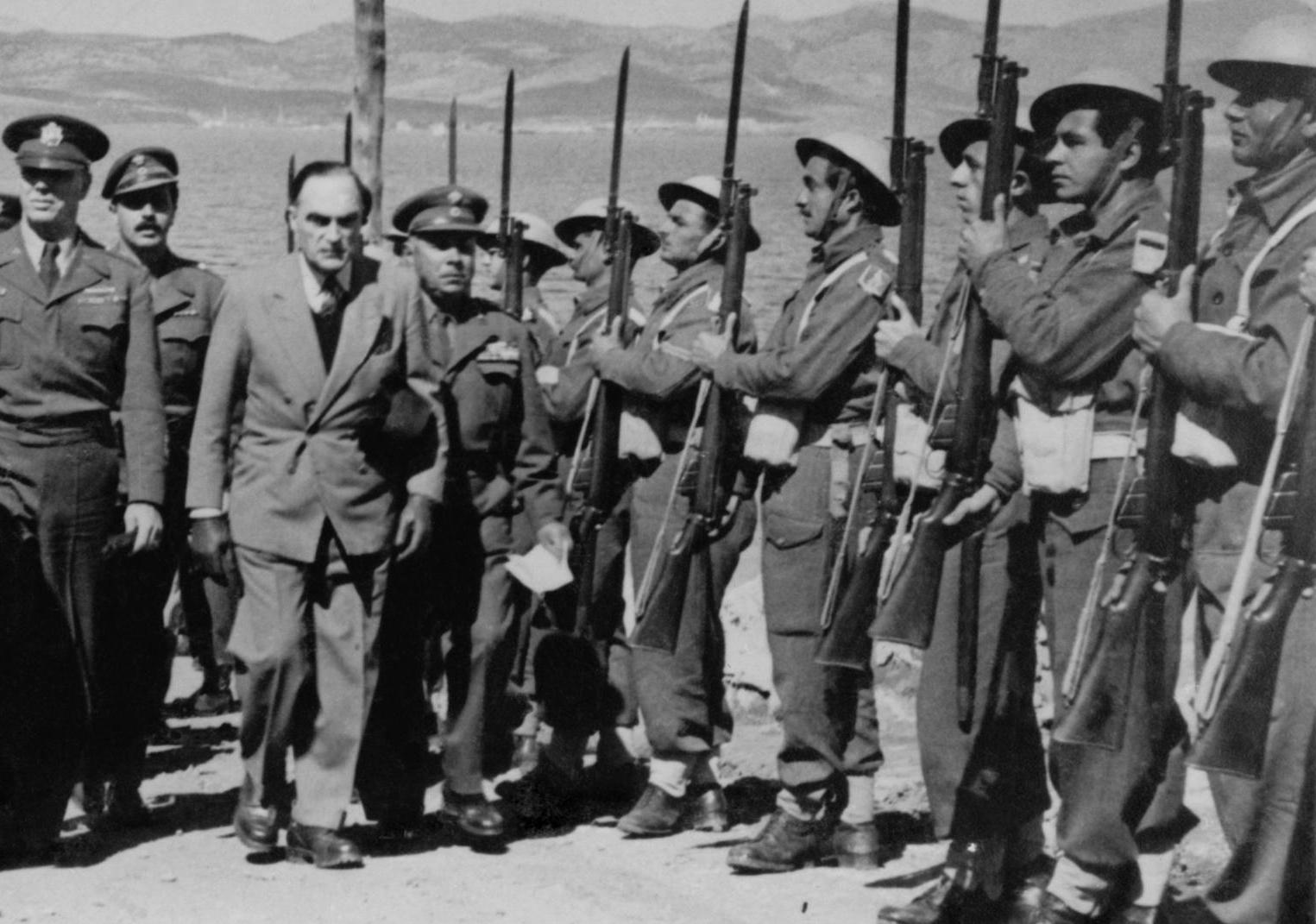
from six to seventeen weeks, by establishing training plans for officers and non-commissioned officers, and by developing a program for sending Greek officers to military education centers in the United States and the United Kingdom.
The most effective means of training the Greek National Army platoons was the creation of demonstration platoons. The Joint United States Military Advisory and Planning Group’s demonstration platoons consisted of a Greek rifle platoon with a supporting mortar section led by a Greek platoon leader, a United States advisor, and a British advisor. Before returning to their divisions, the ten demonstration platoons undertook infantry training run by the JUSMAPG. Once the demonstration platoons accomplished the
JUSMAPG infantry training, they would return to the GNA field and mountain divisions, serving as a training unit for the remaining maneuver platoons.
While the JUSMAPG’s ability to fire Greek commanders prompted the Greek leadership to pursue more offensive operations, the JUSMAPG employed various means to professionalize the GNA officer corps. The main approach incorporated personal mentorship, direct orders, and disciplinary actions, focusing on enforcing the idea that the Greeks, not the Americans, were responsible for defeating the insurgency.
Based on mutual respect and shared hardships, the U.S. advisory field groups developed strong relationships with their Greek counter-
9
parts. JUSMAPG advisors were in the field alongside their assigned Greek formations, experiencing the same harsh conditions and dangers. The personal relationships developed by the JUSMAPG and GNA maneuver units allowed the Greek commanders to be more receptive toward American guidance and mentorship. Greek officers began to ask for American advice and suggestions during the planning phases of operations, while the American advisors took responsibility for planning in order to mitigate security leaks by communist sympathizers within the Greek armed forces.
In addition, Van Fleet and the JUSMAPG advisors employed personal mentorship to address the problem of command and control during operations. The general determined that the lack of control derived from the Greek General Staff’s lack of preparation and tracking of unit locations during operations. Van Fleet and the American advisors used their close relationships with the General Staff and upper-echelon Greek military officers to ensure that staff officers knew their subordinate units’ locations and activities.
Through “battle tracking,” the Greek General Staff and Van Fleet were able to improve interservice coordination between the Greek National Army and the Royal Hellenic Air Force, which mitigated the risk of the air force accidentally targeting friendly ground units. Enhancing coordination between the GNA and air force allowed the effective use of close air support against insurgent targets, significantly increasing the GNA’s firepower in operations in 1949.
Even though personal mentorship and direct orders to Greek officers promoted the JUSMAPG’s objective of professionalizing the Greek officer corps, Van Fleet and the American advisors also employed disciplinary punishments and the removal of officers who failed to demonstrate military competence and aggressiveness in combat situations. The JUSMAPG determined that one of the primary reasons for a series of unsuccessful offensives in 1948 was Lieutenant General
Panagiotis Kalageropoulos’s ineffective leadership of the “B” Corps. General Van Fleet used his close relationship with the Greek royal family and Sophoulis’s government to relieve Kalageropoulos of his command and replace him with the “B” Corps Deputy Chief of Staff, Lieutenant General Stylianos Kitrilakis.
Marshall’s initial advice to Van Fleet to gain the royal family’s trust proved instrumental in enhancing the general’s ability to impose disciplinary punishments. Van Fleet replaced several underperforming generals from the Greek General Staff and divisional headquarters, thus increasing professionalism in the GNA’s chain of command and boosting the Greek commanders’ support of the JUSMAPG’s operational plans.
In conclusion, General James A. Van Fleet’s leadership of the Joint United States Military Advisory and Planning Group Greece was crucial for the success of the Greek government in defeating the communist insurgency in Greece. He had assumed the Joint United States Military Advisory and Planning Group’s command in 1948 after General Livesay, his predecessor, failed to produce the desired results in 1947.
To enable the Greek government to prevail without deploying U.S. combat forces, American advisors focused on expanding and professionalizing the Greek armed forces, primarily the Greek National Army, which was conducting most of the fighting against the insurgents. Van Fleet created the JUSMPAG Organization, Training, and Equipment Section to teach the Greek National Army modern infantry tactics based on those of the United States military.
In addition, Van Fleet and the Joint United States Military Advisory Group professionalized the GNA through personal mentorship and shared hardships. As a result, the American advisors and their assigned units were on the battlefield together, sharing the dangers of combat. At the same time, General Van Fleet frequently visited the front lines, observing the ever-changing situation and congratulating Greek soldiers.
10
One of Van Fleet’s primary initiatives was firing incompetent Greek commanders, who frequently lacked aggressiveness in combat. To avoid a backlash by the Greek population while firing commanders, Van Fleet’s relationship with the Greek royal family of King Paul and Queen Frederika and Prime Minister Themistoklis Sophoulis proved crucial because it extended the Greek government’s executive power to Van Fleet himself.
Two years after this successful counterinsurgency in Greece, Van Fleet arrived in Korea to replace General Matthew Bunker Ridgway and assume command of the United States Eighth Army and the United Nations Forces. In contrast to the Greek Civil War, the Korean conflict did
not have a decisive outcome; instead, it produced an ambiguous peace that would become common in other conflicts during the Cold War.
Chris Cocoris graduated from VMI with a BA in history in 2023. He was comissioned into the United States Army as an active-duty second lieutenant of infantry.
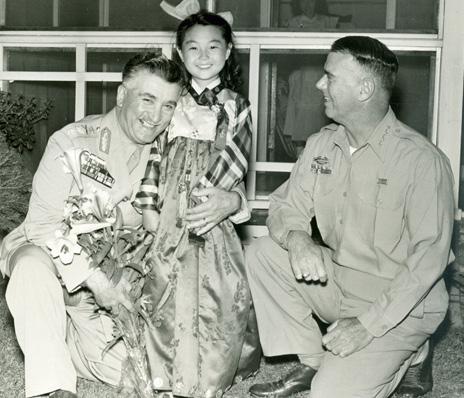
11
General Van Fleet and Hellenic Army Lieutenant General Thraysvoulos Tsakalotos pose with a young girl in Korea, ca. 1952. Photo by Paul Condoyiannis.

“THE CHARACTER OF THE MAN”
Remarks from the 2022 George C. Marshall Foundation Awards
As part of its commemoration of the 75th anniversary of the Marshall Plan, the George C. Marshall Foundation recognized two distinguished Americans on November 17, 2022, at a private ceremony in New York City. Kenneth C. Griffin, founder and CEO of Citadel, accepted the George C. Marshall Foundation Humanitarian Award. Dr. Condoleezza Rice, the 66th U.S. Secretary of State, received the George C. Marshall Foundation Award. Dr. Rice was honored for her career of distinguished public service in the tradition of George C. Marshall, for her dignity and integrity, for her commitment to education, and for her devotion to international relations and global peace efforts. Their remarks, reprinted in the following pages, demonstrate the breadth and versatility of lessons leaders can draw from Marshall’s career, even at the highest levels of power.
31
MARSHALL FOUNDATION AWARDS
Marshall sits at his new desk as Secretary of State, May 14, 1947.
“I am deeply, deeply honored to receive this award, particularly on the 75th anniversay of the Marshall Plan. Every day when I went to the State Department as the Secretary of State, I would walk along a corridor that we called Mahogany Row, and along that corridor were the portraits of former Secretaries of State. Some of them you wouldn’t be able to pick out of a lineup of one because they’ve long since disappeared from our history, and a few that you wondered why they were still there, like that horrific portrait of John C. Calhoun, who actually tried to destroy the country. Then I would keep walking and enter my office where the pride of place was for George C. Marshall’s portrait. I could often stand in front of that portrait and wonder what it might have been like for him and for the people of the State Department in those rather dark days after the end of World War II.
“We forget that just before Marshall would become Secretary of State, in 1946 the Italian communists would win 48 percent of the vote
and the French communists
46 percent of the vote. The question wasn’t would eastern Europe be communist, it was would western Europe be communist. Of course, Marshall would respond in 1947 by this remarkable idea, an idea of enlightened self-interest, that by rebuilding both friend who had been victorious and foe who had been vanquished, that we would make the world not just safer and better for them, but safer and better for us.
“Marshall would, of course, go on to face other challenges as Secretary of State: the Berlin crisis of 1948; the coup in Czechoslovakia that would take the last free country into the Soviet Bloc in 1948; and the outbreak of war in the Middle East. Of course in 1949, the Soviet Union would explode a nuclear weapon five years ahead of schedule, the Chinese communists would win, and Marshall would be called back to service when the Korean War broke out as Secretary of Defense.
“Who would have thought that the response
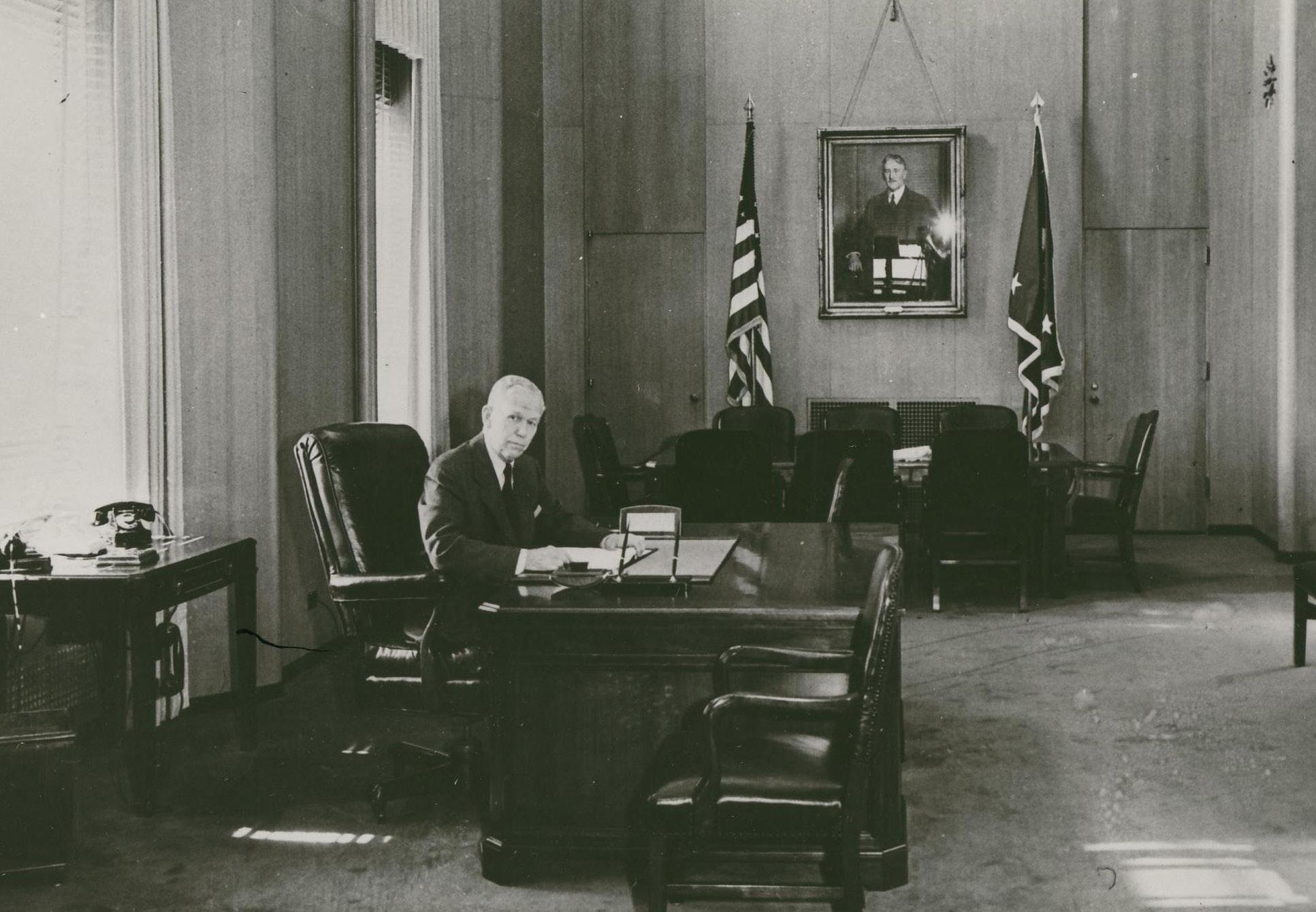
32
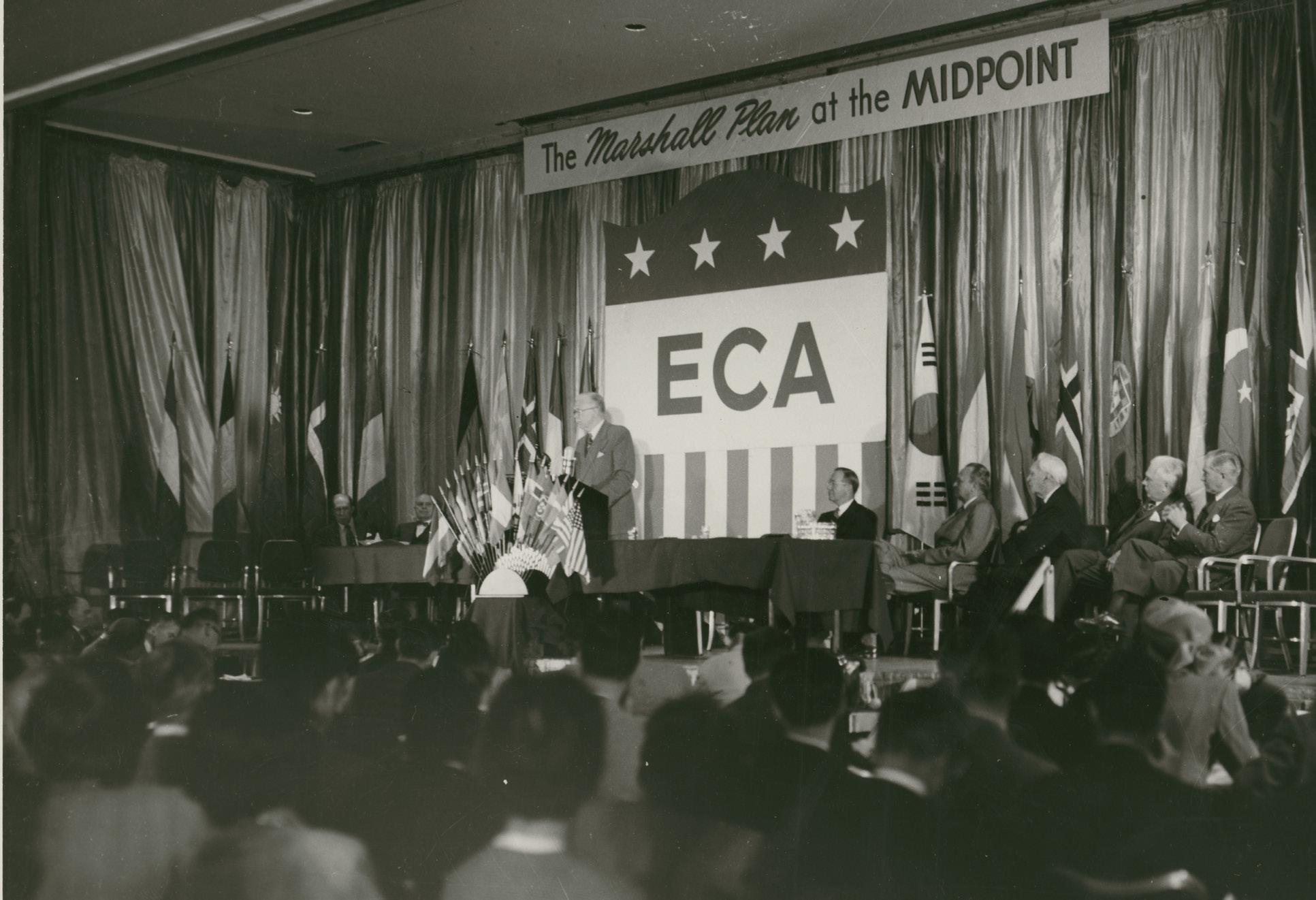
to those dark days would end in 1989 to 1991, when I was fortunate to be the young Soviet specialist for the White House. It would end in 1989 with the liberation of Eastern Europe and the unification of Germany in 1990, completely and totally on Western terms. In fact, West Germany would emerge the successor state. East Germany would simply disappear. In 1991, the Soviet Union would collapse. In 2007, an American president would go to a NATO summit in Latvia. Who would have ever dreamed that in ‘46 or ‘47 or ‘48 or ‘49 or ‘50? Maybe not even in ‘60 or ‘70 or ‘80.
“You see, because of the wisdom and the strength of Marshall and others like him in those days after World War II, the understanding of enlightened self-interest; the understanding that democracy matters; that compassion matters in the lives of people; and the understanding that allies matter. Because of that, we harvested those great decisions in 1989, 1990, and 1991 that helped create a Europe whole, free, and at peace.
“But I have to say that in 1991, we would never have imagined the world in which we live today, a world in which war has returned to Europe, and not just war of the kind that we might have thought, fought somehow in cyberspace or fought somehow with advanced weapons. No, instead, a ground war in Europe in the service of imperial ambitions of a once-great power. As we face that world that we could not have imagined in 1991, as we face that world that we now need the kind of leadership that Marshall provided, I would suggest that we look back and we think again on what made it possible for Marshall to do what he did.
“First and foremost, it was the character of the man. It was also the experience of the man with war to recognize that out of war could come peace, but an understanding that a peace had to be just. If a peace was going to be just, it meant that men and women had to live in freedom because no one deserved to live in tyranny. But to understand that if men and women were to be
Marshall speaks at a celebration marking the half-way point of the Marshall Plan, April 3, 1950. Also in attendance are Paul Hoffman, Dean Acheson, and William C. Foster.
33
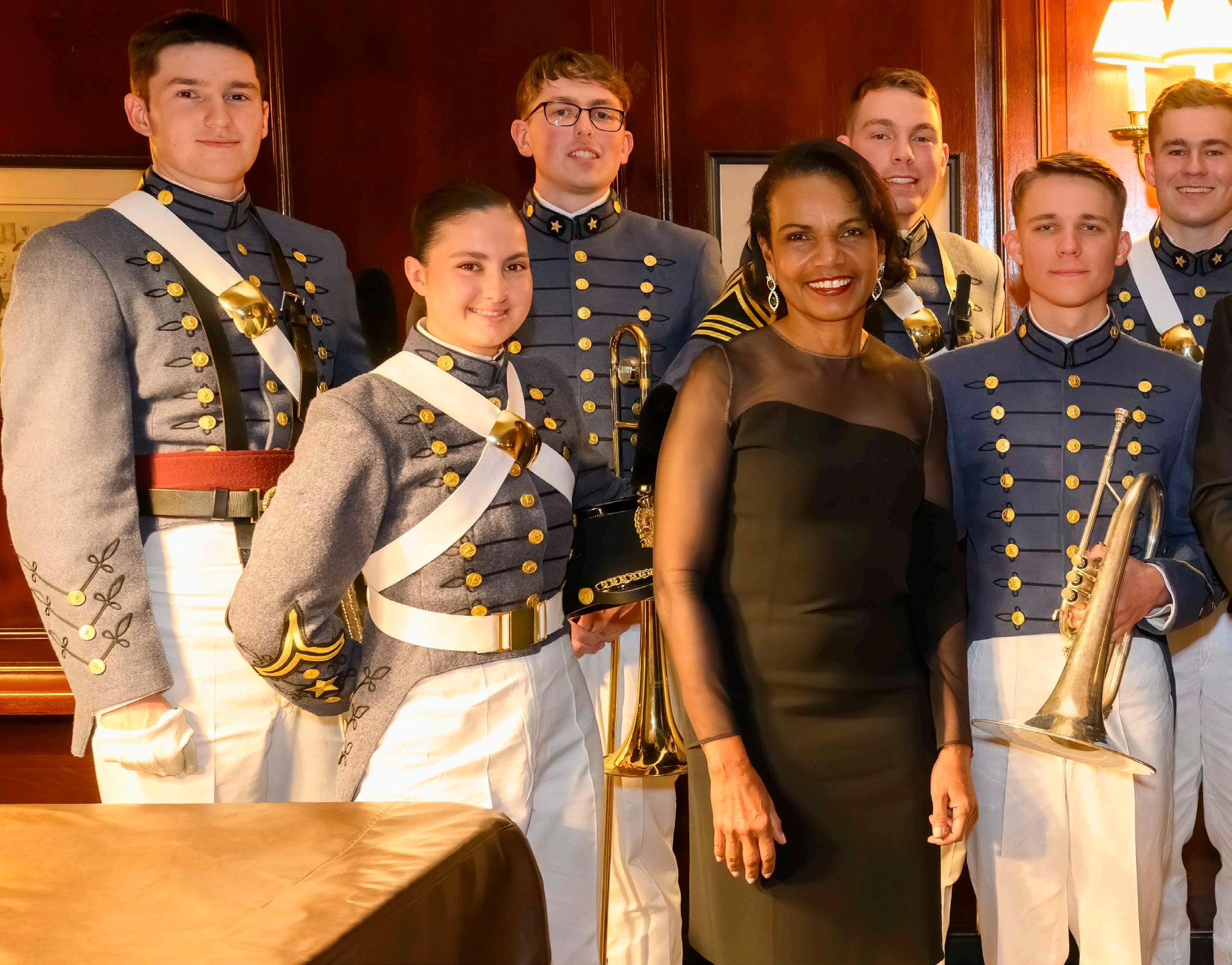
free and to have the right to choose those who would govern them, they would expect that those who would govern them would also deliver for them. That was the genius of the Marshall Plan, to allow those democracies to get up off the mat, deliver for their people, and become strong and vital friends of the United States once again. We could do well to remember that today, because in times of crisis, you need to remember where you’ve been, you need to see where you are, and you need to see who you want to be in the future.
“In that regard, Marshall had one other extraordinary characteristic. He believed in the United States of America and its goodness. Today there are many who question our goodness. We have made our share of mistakes, but I do believe that, by and large, the United States of America
has been a country that has tried to act on enlightened self-interest, realizing that when others are safe and secure and free, we too are safer, more secure, and freer. That, ladies and gentlemen, is an argument that we are going to have to make over and over and over again to our fellow citizens, because it fades with time that that is the true meaning of security, prosperity, and peace.
“As to believing in America, well, yes, our country was born with a birth defect of slavery and it marks us even to this day. But when we think about who we were, where we are now, and who we want to be, I always try to keep in my mind’s eye some moment when I realized how far America had come. For me, that was the day I was sworn in as Secretary of State.
“I stood there in a building that George Mar-
34
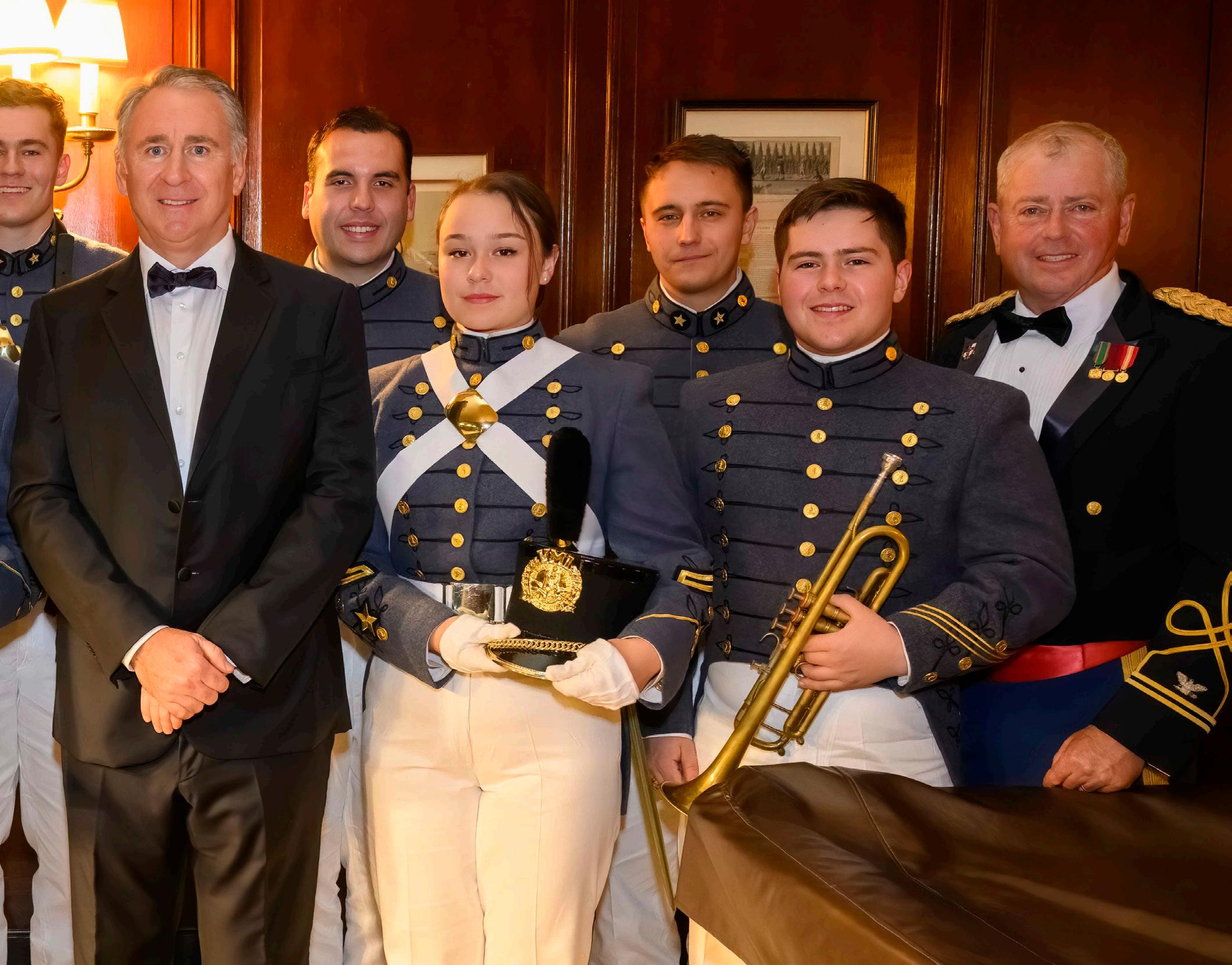
shall had once occupied. I stood there under a portrait of Benjamin Franklin. I stood there to be sworn in, taking an oath of office to a Constitution that once counted my ancestors as three–fifths of a man. I stood there to be sworn in by a Jewish woman Supreme Court justice, my neighbor, Ruth Bader Ginsburg. For one minute I thought what would old Ben have thought of this? Well, he is my favorite founding father. I would like to think he would have liked it, but in fact he would never have imagined it.
“Neither, frankly, would I have imagined it as a little girl growing up in segregated Birmingham, Alabama. I’m quite sure that Ruth, just trying to get her voice heard in law school, would never have imagined it either. Yet, there is that very special characteristic of the United States of America
that we somehow seem to make the impossible seem inevitable in retrospect. That was the genius of George C. Marshall.
“It must have seemed impossible in 1947. It must have seemed impossible that friend and foe, flattened by the horrors of World War II, would emerge strong and vibrant pillars of security, prosperity, peace, and freedom. That impossible did indeed come into being, but what we all need to remember is that actually it is not inevitable. It takes leadership and foresight and creativity, and that is what we celebrate in the 75th anniversary of the Marshall Plan and the legacy of George C. Marshall.”
Kenneth Griffin, Founder and CEO of Citadel, received the George C. Marshall Foundation Humanitarian Award. Mr. Griffin was rec-
35

ognized for his extensive civic and philanthropic work to expand access and opportunity in America, including through efforts to broaden access to high-quality education at every level, advance medical research, reduce recidivism and violent crime, and support our country’s world-renowned cultural institutions and those who have served in our armed forces.
In his remarks, Mr. Griffin advocated for a commitment to following the the Marshall example, in part, by focusing on education. He described it as a key to national strength and prosperity calling for “teaching our students critical thinking skills instead of engaging in ‘culture wars’ in classrooms…closing the digital divide, working to increase instruction time, scaling tutoring, and greatly enhancing our emphasis on early literacy, math and science.” Only in this way, he stressed, can we maintain U.S. prosperity and leadership in a rapidly changing world.
The Marshall Award is presented to an individual for a career of distinguished public/civic service in the nonpartisan tradition of George C. Marshall, for dignity and integrity of character, and for devotion to creating and perpetuating
free and democratic institutions and promoting appropriate economic development which will allow them to flourish. Past recipients include Madeleine Albright, Henry Kissinger, and Colin Powell.
The Marshall Humanitarian Award recognizes an individual or organization for their significant contributions to ameliorating “hunger, poverty, desperation and chaos” in the spirit of the Marshall Plan or otherwise creating conditions to improve the health and welfare of people in need of assistance. Conferring the award seeks to recognize significant humanitarian service, create public awareness of the accomplishments of the recipient individual or organization, and encourage other individuals and organizations to emulate those good works. Past recipients have been Michael Bloomberg and David Rubenstein.
36
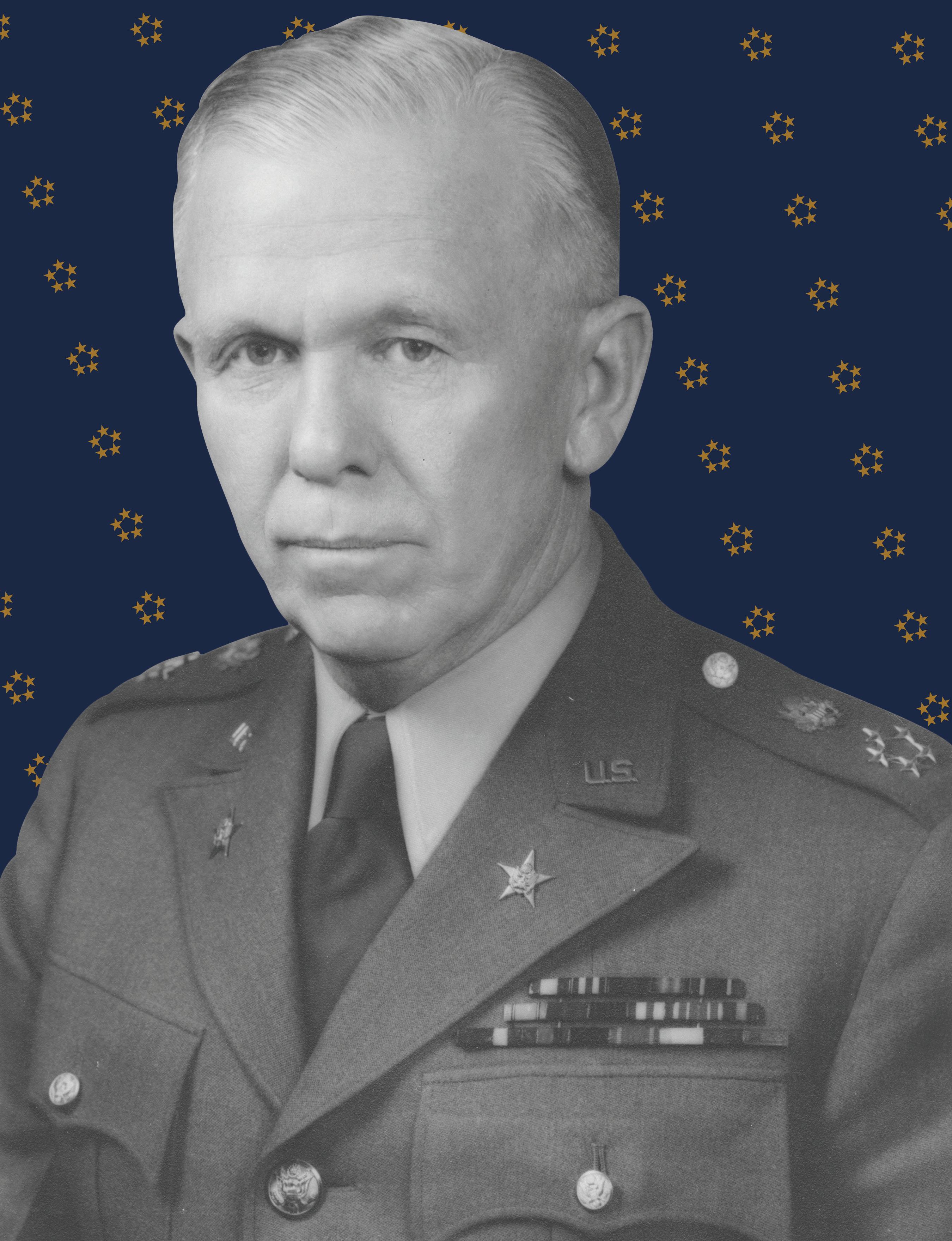
“DON’T FIGHT THE PROBLEM, DECIDE IT.”
GEORGE C. MARSHALL
Dr. Frank Settle presents his interactive map at the Marshall Foundation Open House.
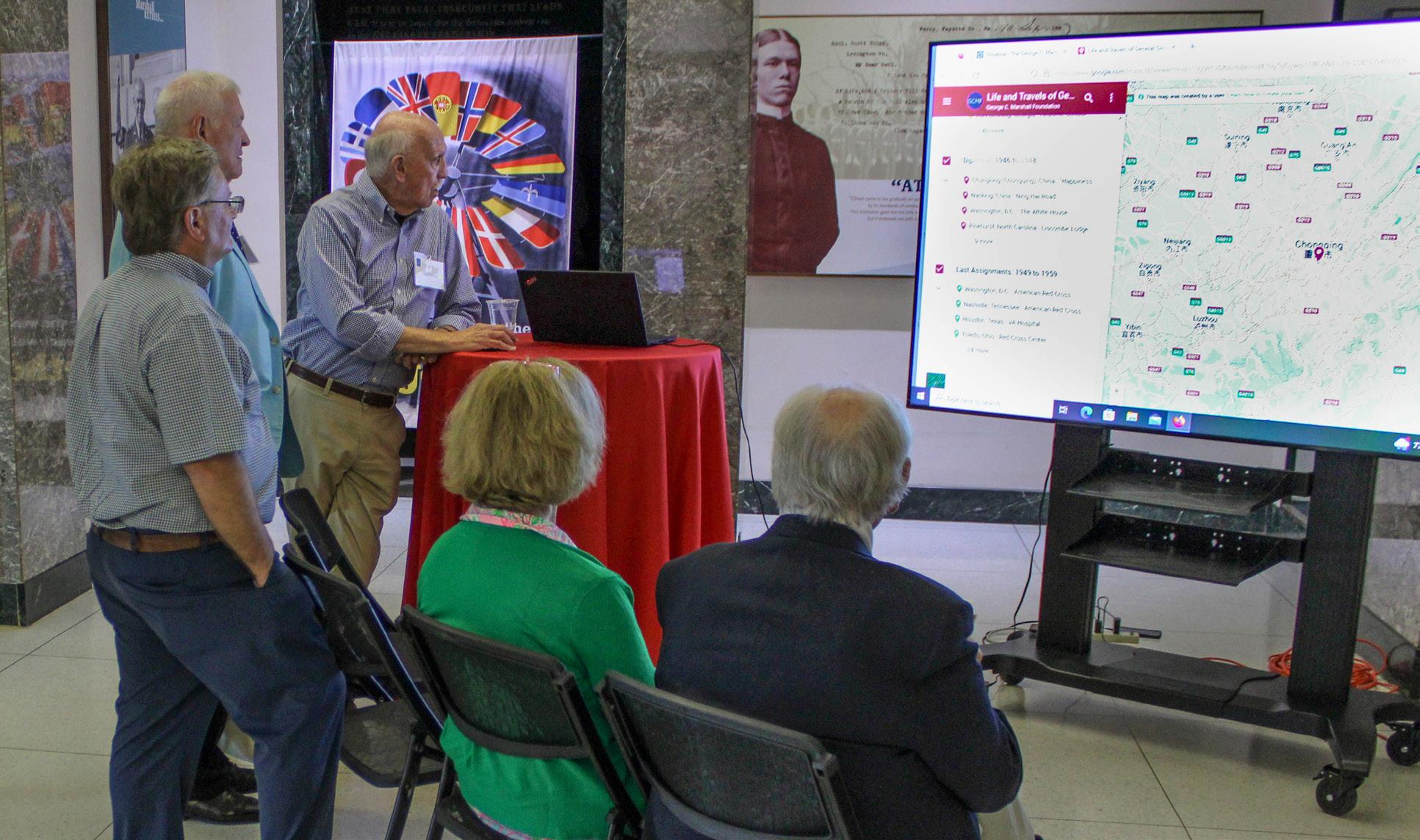
An interactive map tracking over 130 events in the life and career of George C. Marshall is now available on the George C. Marshall Foundation website.
Developed and compiled by Dr. Frank M. Settle, professor emeritus of chemistry at Washington & Lee University and author of General George C. Marshall and the Atomic Bomb, the map replaces the website’s older visual timeline of Marshall’s biography. “While interesting, it was not engaging, just a lot of dates and short text,” said Dr. Settle. “However, it did reveal Marshall’s extensive travels from his birth in Uniontown to his Nobel Prize in Oslo. This caused me to envision an interactive Google map that would track significant locations in his life.”
The map provides a time line divided into six significant periods of his life (color coded). The events in each period are listed in chronological order. Each location contains a brief description of the event. Many locations include photographs and links to more detailed information. Clicking on a photograph produces a larger image and additional photos linked to the location.
“The research for my book gave me a deep ap-
preciation for his contributions and also insights into his personality,” Dr. Settle said. “I then began to think about how interactive, web based maps could be used to educate the public on Marshall and his era.”
The map was featured at the George C. Marshall Foundation Open House in Lexington, Virginia, in May. It is permanently available for use at http://bit.ly/43tkhS9, and can also be accessed by scanning the QR code below.

38
FOUNDATION NEWS AND DONORS
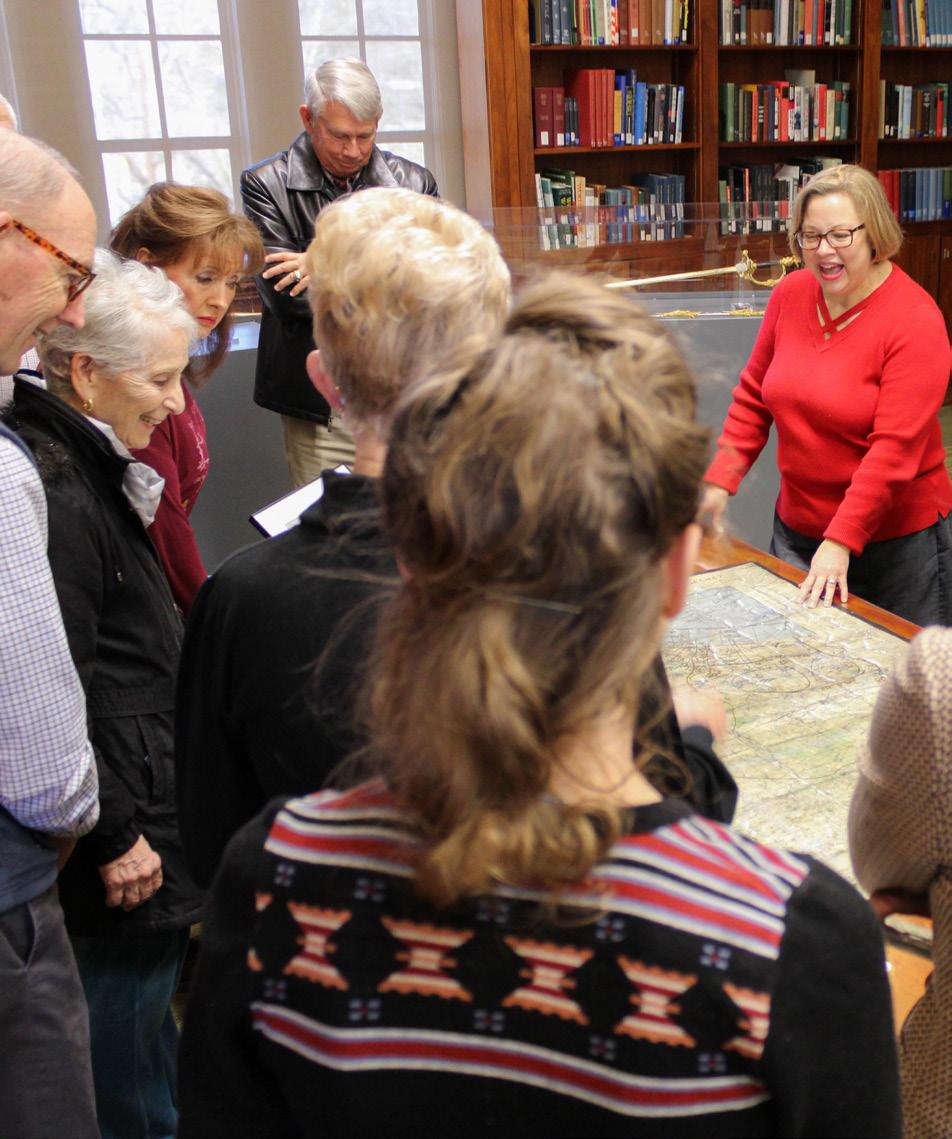
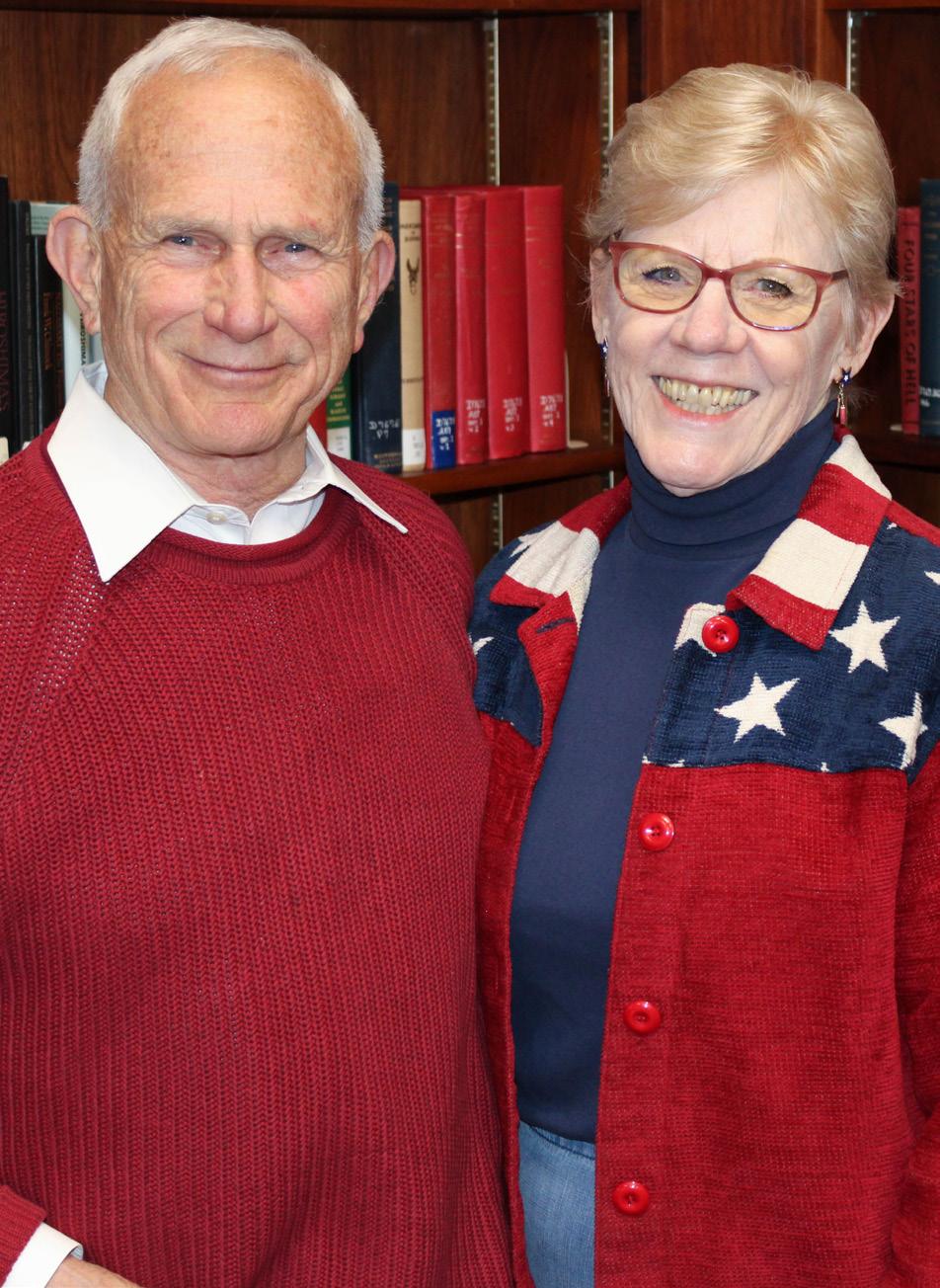
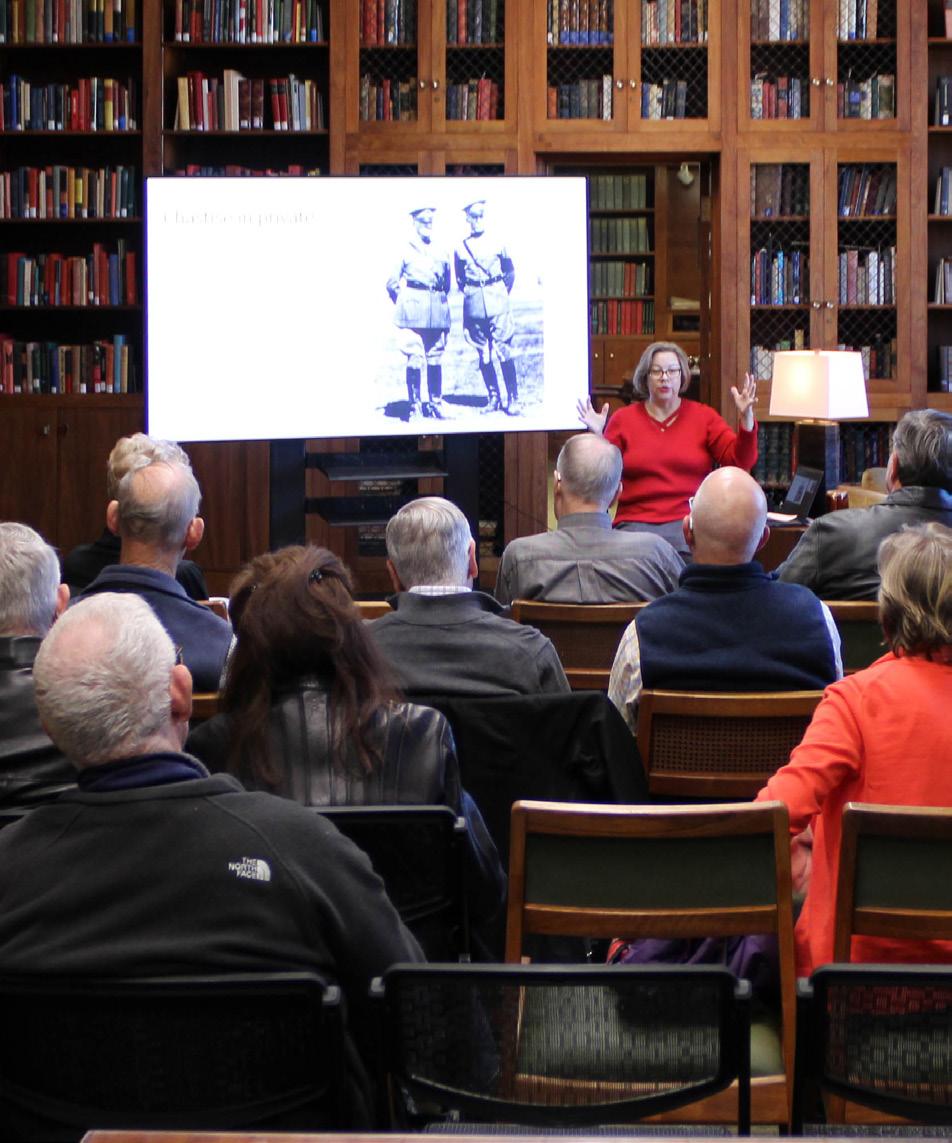
DONOR SPOTLIGHT
Paul and Joanne Robblee have given to the Marshall Foundation since 1996 and offer the following thoughts on why they support this important work:
“President Harry S. Truman urged the establishment of the George C. Marshall Foundation so that the world would not be permitted to forget the legacy of America’s first five-star general, General of the Army George C. Marshall, VMI ’01, the selfless architect of victory in Europe and Japan in the Second World War. Later, as one of the nation’s greatest statesmen, he would propose what became known as the Marshall Plan for European recovery which prompted the creation of NATO.
“No less a legacy for future generations are words which General Marshall penned only three months after the end of the war. There he expressed the necessity that America’s young be educated, made “fully informed citizens,” this as essential to ensure “the peace and prosperity of the world [to come].” Indisputably, the breadth of General Marshall’s legacy is of profound importance to the present. This is the work of the Foundation. For us, it is a privilege to be a small part of that worthy endeavor.”
39
Left: Director of Library and Archives Melissa Davis presents a tour for lifelong learners.
Below: Donors Paul and Joanne Robblee
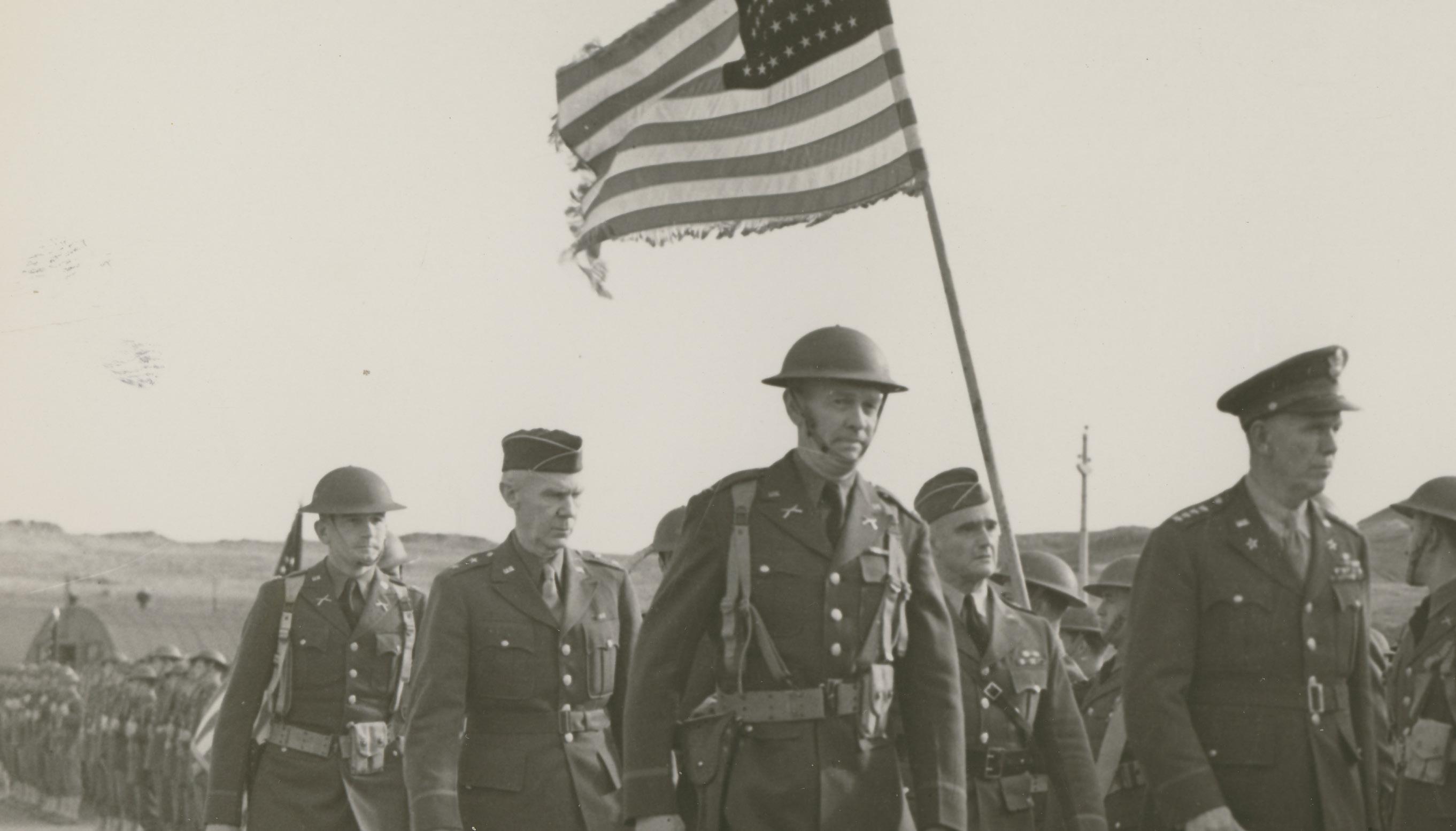
Honor
A gift to the Marshall Foundation is a very meaningful way to honor or remember a friend or loved one. The following gifts were made in honor or in memory of the following individuals in 2022.
In honor of John Bailey
A.C. Arn
In honor of Madison Cole
Mr. & Mr. Laurence E. Mansfield III
In honor of Melissa Davis
Nell & Howard Cobb
Mr. & Mrs. Reaves Crabtree
Priscilla Jamison
Karl Zeller
Rockbridge Historical Society
In honor of Mark Esper
Steve M. Balentine
In honor of Buck Fletcher IV
Thomas H. Murphy
In honor of C. Russell
Fletcher III
David Hein
Thomas H. Murphy
In honor of Mary Stuart
Gilliam
Walter Burn
In honor of Maj Gen Max Guggenheimer, Jr., USA (Ret.)
John J. Wranek III
In honor of Rob Havers
Larry S. Wiese
In honor of David Hein
John C. George
D. Stuart Dunnan
Peggy Dufour
In honor of Kappa Alpha Order
Darren Kay
In honor of LTG John W. Knapp
J. Hardin Marion
In honor of Paul A. Levengood
E. Claiborne Robins, Jr.
Lee T. Ball
John L. McElroy, Jr.
In honor of Steve Maconi
John J. Wranek III
In honor of Cynthia Marsteller
Charles Bradshaw
Peter C. Bance
Henry & Hilary Long
J. Clifford Foster
In honor of Gen J. H. Binford
Peay & Pamela Peay
T. Carter Melton, Jr.
Tom & Sally Moncure
Col. & Mrs. Woodson A. Sadler, Jr.
John J. Wranek III
In honor of Col Paul A. Robblee, Jr.
John J. Wranek III
In honor of W. Gregory Robertson
George H. Roberts, Jr.
In honor of David Roll
Mr. & Mrs. Mark J.
Silverman
In honor of Bennett L. Ross
Col Thomas Greenwood
A. Langley Kitchings
Randall Morrow
Michael M. Partain
Steve Stine
In honor of Dr. James M. Schmuck
King Aiken
Stephen LaFollette
C. D. Simmons III
Larry S. Wiese
In honor of Laron Shannon
John J. Wranek II
In honor of C. D. Simmons III
Larry S. Wiese
In honor of Thomas G.
Slater, Jr.
Donald Cowles
In honor of Frederick Smith
Col Peter T. Underwood
USMC (Ret.)
In honor of Stephen Steele
Jeffrey Yoder
In honor of James P. Totten
John J. Wranek, III
In honor of LTC Kyle Trottier
Mr. & Mrs. Andre J. Trottier
In honor of Spencer Tucker
Laurent Boetsch, Jr.
In honor of Salvatore Vitale
Robert R. Reitz
In honor of Richard Weede
Col Peter T. Underwood
USMC (Ret.)
In honor of Larry S. Wiese
Malcolm H. Liles
Dr. James M. Schmuck
In honor of John J. Wranek III
Warren J. Bryan
Paul & Joanne Robblee
David B. Morris
Dr. & Mrs. T. Joseph Pond
In honor of Anthony Zinni
Col Peter T. Underwood
USMC (Ret.)
In honor of The State Funeral for World War II Veterans
Bill McNutt
Susan McNutt
Rabel McNutt
Slone McNutt
40
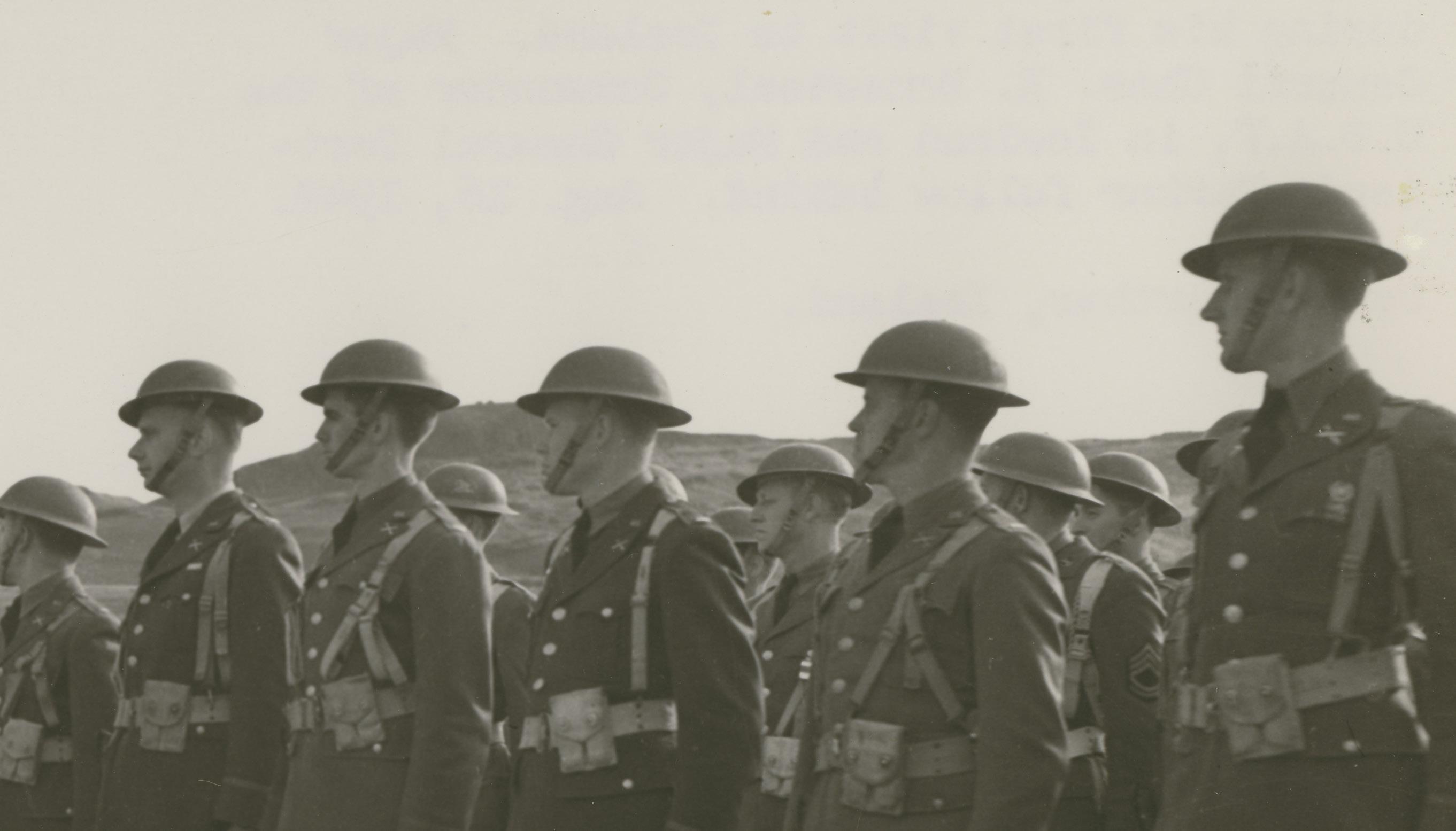
Memory
In memory of SEA 1
Richard
Harold Baker
Richard Baker
In memory of Sgt Herbert Baker
Charles H. Baker
In memory of Charles Ballou
Adelaide B. Ballou
In memory of Dr. Larry I. Bland
Joellen K. Bland
Rachel Y. Thompson
In memory of Omar Bradley
Melanie Dorsey
In memory of Ilbert D. Brayshaw
John Brayshaw
In memory of Ken Cade
William Wieners
In memory of Col Theodore J. Charney
Col Douglas T. Charney, USA (Ret.)
In memory of Col William W.
Davis
Thomas W. Davis
In memory of Donald D. & Marjorie L. Denton
Donald D. Denton, Jr.
In memory of Maj Scott Devers
Hugh R. Hill
In memory of Arthur H. Easter
John R. Easter
In memory of Chester & Sophia Ezick
Carol & Lyn Wheeler
In memory of Mr. & Mrs. Henry J. Foresman
George W. Foresman
In memory of William L.
Fowler
William T. Fowler
In memory of Charles J. Fox
Kim Fox
In memory of Arthur Galloway
Ken Houston
In memory of Capt Alfred P
Goddin
C. Hobson Goddin
In memory of Gen Andrew J. Goodpaster
Daun Van Ee
Susan & Roger Sullivan
In memory of Floyd D. Gottwald, Jr.
Frank & Carey Louthan
In memory of Dr. Fred L.
Hadsel
Thomas W. Davis
In memory of LCPL Calvin E.
Hart USMC
Clyde J. Hart, Jr.
In memory of Robert Joyce & Jesse Hayes
Dee Joyce-Hayes & Gary Hayes
In memory of Kenneth Hinton
Richard Wilson
In memory of Richard Hinton
Richard Wilson
In memory of Richard Huntington Hobbs
Melissa Davis
In memory of Harrison Hubard
C. Knox Hubard
In memory of Kurt Iverson
Joseph Spivey IV
In memory of Oliver E. Jordan
Jordan Family Fund
In memory of John Warren Kolmer
Kelly & Warren Vrescak
In memory of Robert F. Levin
Mary Levin Koch
In memory of Joseph M. Lingle, Jr.
William A. Murphy
In memory of Patricia G. Lynch
Nancy T. Mastin
In memory of Gen George C. Marshall
Cody Youngblood
In memory of Gen Frank McCarthy
Frank J. McCarthy
In memory of TC5 James C. McCarty
James McCarty
In memory of Albert Sidney McCown
A. Lee McCown
In memory of William J. McTague
George W. Foresman
In memory of Henry J. Miller III
Robert Anderson
Richard Boyle
Alice & Jim Brogan
Andrew Brown
John Chesney
Douglas Cox
Diane & Jerry Hurd
Renee B. Kleaveland
Richard L. LaGrotte
Robert Livingood
Vincent Maiello
Elizabeth J. Neary
Mel & Tim Porter
Jim & Jane Ruggiero
David Seltzer
Helene Sirpis
In memory of Col John D.
Millett, AUS
Allan R. Millett
In memory of Robinson
Moncure
Tom & Sally Moncure
In memory of Harold
Montgomery
Richard Wilson
In memory of Sam Moore
Donald P. Moore
In memory of Gen James
Morgan
Shay K. Peters
In memory of Merton Parlier
Greg Parlier
In memory of Andrew Percival
William Percival
In memory of Philip Peters
Shay K. Peters
In memory of Dr. Merrill F.
Prugh
Dr. & Mrs. Reed D. Prugh
In memory of Thomas L.
Rawlins
Brent Rawlins
In memory of Gen & Mrs.
Matthew B. Ridgway & Matt
Ridgway
Michael & Linn Swanson
In memory of Robert Lee
Stevens, Jr.
Carolyn Worrell
In memory of MG Thomas
Tait
Frederick C. Vaughan
In memory of Sharon L.
Taylor
Douglas E. Taylor
In memory of William C. Thompson
Parker W. Duncan
In memory of William W. Townes, Jr.
W. Waverley Townes
In memory of John & Kathryn Undercoffer
Graham Undercoffer
In memory of Thomas G. Underwood
Col Peter T. Underwood, USMC (Ret)
In memory of Barbara L. Vaughan
Frederick C. Vaughan
In memory of Sophia & Sam Waldmann
Dr. Michael Farber
In memory of Gen Albert C. Wedemeyer
Bruce Colletti
In memory of Anthony Wilson
Richard Wilson
In memory of Rose Page Wilson
John Page Wilson
In memory of DeWitt S. Worrell
Carolyn Worrell
41
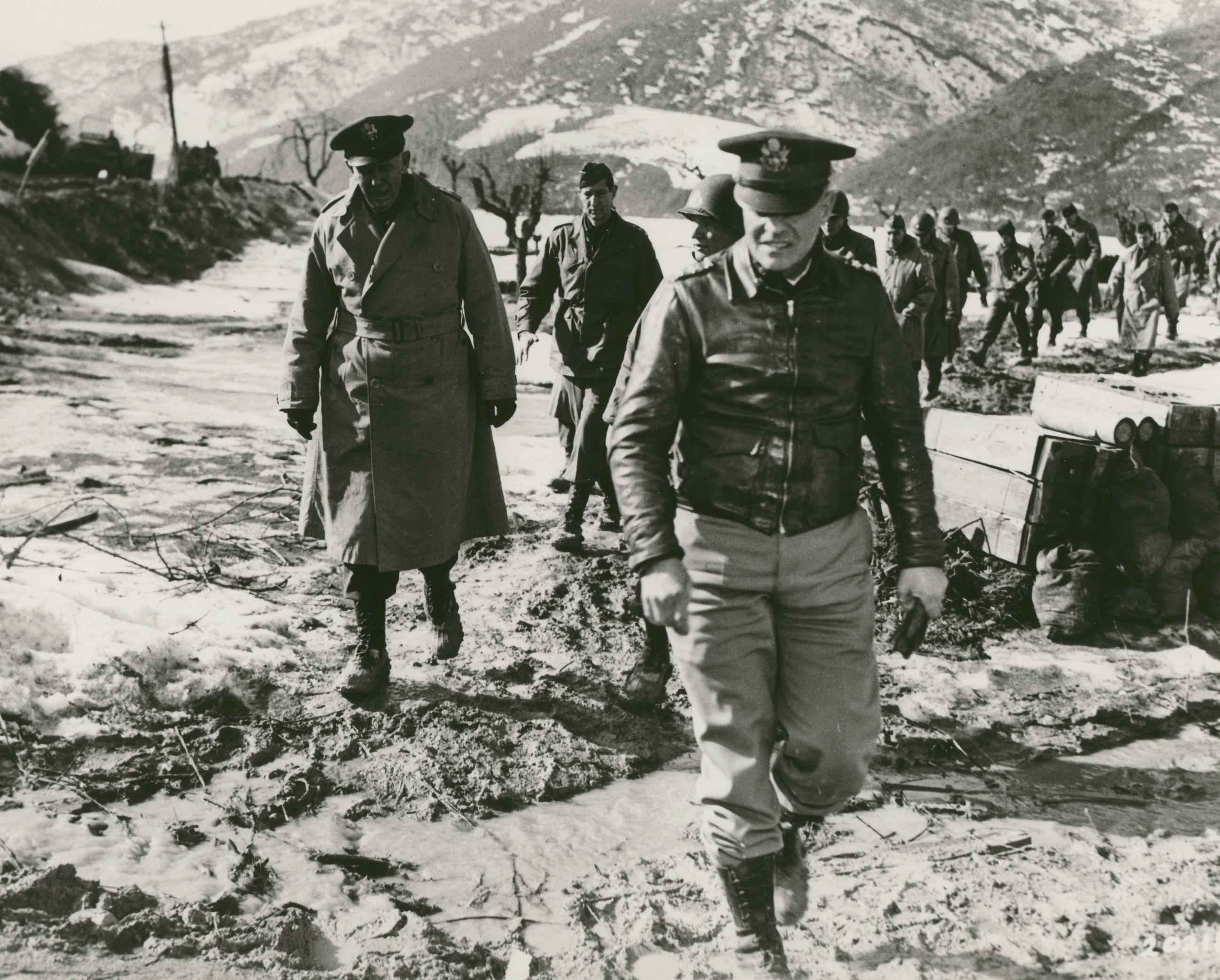
$10,000+
Madison F. Cole, Jr.
Camden & Debra Fine
Mr. & Mrs. C. Russell
Fletcher III
William & Cheryl Geffon
Steven W. Guerrier Estate
Walt & Suellen Jeffress
John B. Kleinheinz
Joseph A. Kruse
Steve A. Lippman
George W. Logan
Tom & Sally Moncure
Peter D. Prowitt & Lynn H. Thomson
W. Gregory Robertson
Mr. & Mrs. E. Claiborne
Robins, Jr.
Bennett L. Ross
Katherine Farley & Jerry Speyer
James J. Winn, Jr.
The Yonce Family
Anonymous
$5,000 to 9,999
Steve M. Balentine
Richard & Ellen Bernstein
Bowlman T. Bowles, Jr.
Robert & Michelle Elgin
Mark Gonsalves
Bruce C. Gottwald, Sr.
Conrad M. Hall
David Hein
Sonia & Paul Jones
Andrew G. Kumpuris MD
J. Patterson Lawson
William J. Lemon
Dennis V. Maguire
Cynthia Marsteller
G. Gilmer Minor, III
Jessine Monaghan
Dr. & Mrs. T. Joseph Pond
David L. Roll
Thomas J. Scott, Jr.
Michael & Linn Swanson
Robert C. Troxler
Peter T. Underwood
Thomas & Nanette Watjen
Alston & Philip Watt
Edward W. White, Jr.
Michael A. Williams
Robert G. Woodward
$2,500 to 4,999
John B. Adams, Jr.
Laurent & Elizabeth Boetsch
Paul A. Bouis
Mr. & Mrs. Thomas E.
Bulleit, Jr.
Christine K. Carrico
Buck Fletcher
Rogers M. Fred, III
M. David Gibbons
John E. Kemper
Frank & Carey Louthan
Joseph Moan
Thomas H. Murphy
Maria P. & William M. S.
Rasmussen
Paul & Joanne Robblee
Kenneth L. Roberts
Daun Van Ee
Felix Wolkowitz
$1,000 to 2,499
Hunter A. Applewhite
Joseph & Joyce Blandino
Charles Branch
Edward T. Brown
Lissy S. Bryan
Randall Burke
Warren F. Chauncey
James S. Corl
Bobby Davison
James F. Dittrich
George B. Doggett
Melanie Dorsey
George W. Foresman
J. Jeff Gausepohl
Kim Golden
Michael J. Ingelido
Donald L. Jones
John & Ellen Jumper
Darren Kay
Charles E. Kilbourne III
Kevin & Diane Knotts
Mr. & Mrs. Laurence E.
Mansfield III
T. Carter Melton Jr.
Glenn P. Michael
J. Clifford Miller III
Thomas R. Morris
Cindy & Grigg Mullen
Terence Ormsby
Gen. & Mrs. J. H. Binford
Peay III
George & Frances Phillips
Amy Brody Poliakoff
Steven Poliakoff
Rozanne L. Ridgway
James J. Schmuck
Robert Shaw
Craig R. Stapleton
Salvatore J. Vitale
Carl E. Vuono
Hans & Anne Marie
Wachtmeister
John A. White, III
William Wieners
42
$500 to 999
Nancy L. Kassebaum Baker
Adelaide B. Ballou
Mary J. Batsakis
Albert J. Beveridge III
Jay Biber
Joellen K. Bland
John M. Blankenship
Mary L. Bowman
Charles F. & Eileen Brower
Leslie M. Burger
Douglas T. Charney
David & Bonnie Cluxton
Thomas H. Conner
Donald DeArmon
Donald D. Denton, Jr.
Peggy Dufour
Charles W. & Ann Dyke
C. Ernest Edgar IV
Clifford M. Erickson
Mark T. Esper
Hugh M. Fain, III
Bill & Gail Fisher
Joseph N. Flanz
William S. Gaskill
Camilla & Leonardo Gazal
Daniel R. Green
Mr. & Mrs. James M. Hackman
Dodd & Sophia Harvey
Ottho Heldring
Thomas J. Hickey
Priscilla Jamison
J. Kipling Jones
L. Michael Kelly
Wililam & Kathleen Kozak
Henry & Hilary Long
Mr. & Mrs. William E.
Loughridge
Peter Mangerian
Caroline Marshall
John L. McElroy, Jr.
David L. Miller
Nicolette Miller
Paul G. Munch
Harold & Connie Neale
Stephen L. Neas, II
William A. Paulette
L. F. Payne
Kenneth & Bettie Perry
Nancy M. Poynor
Dr. & Mrs. Charles D Price III
Dr. & Mrs. Reed D. Prugh
Mr. & Mrs. Howard I. Reynolds
George H. Roberts, Jr.
Raymond C. Saunders III
Thomas G. Slater, Jr.
Valentine & Lorie Southall
Joseph M. Spivey, III
David M. Thomas
Max Toch
Peter L. Trible
Randolph W. Urmston
Mr. & Mrs. Richard Werling
Jerri & Larry Wetsel
Stuart W. Whitehurst, Jr.
Anne M. Whittemore
Larry S. Wiese & Dawn
Watkins Wiese
Cedric T. Wins
$250 to 499
A.C. Arnn
Bob D. Abbott
Conor & Liz Ashby
Lamar B. Bailey
John E. Baker
Lee T. Ball
Rebeccah Ballo
Peter C. Bance
Nathan Bein
Suzanne S. Blair
Charles E. Bradshaw III
Gregg Brelsford
Warren Bryan
Col & Mrs. Mark Bryant
Timothy J. Byrne
C. Howard Capito
John Caufield
Ed & Linda Clark
Bradley L. Coleman
George J. Collins
Terrie Conrad
Don & Jane Cowles
Mr. & Mrs. Reaves Crabtree
Clifford A. Crittsinger
Michael Dick
Paul M. Dickinson
Teresa R. DiMarco
Joann & Kenneth Dudley
John R. Easter
John N. Edenfield
David & Jane Ellington
Paul X. English III
Marietta M. Ethier
Russell S. Evans, Jr.
Jason J. Fagone
George W. Gehr
Robert Glidden
Richard L. Goodall
Thomas S. Greenspon
Thomas C. Greenwood
R. L. Hatcher
Nathan V. Hendricks III
Thomas & Margaret Henriksen
C. Knox Hubard
Jerry & Diane Hurd
Thomas C. Jones
Walter T. Judd
Meade King
John & Elizabeth Knapp
Chip & Katharine Levengood
Kristin & Paul Levengood
Vernon Lochhausen
Steve Loving
Harrison McAlpine, Jr.
Frank J. McCarthy
Brian & Joyce McNeil
Bill McNutt
Paul L. Miles
Shane M. Miller
Rob Minor
Miguel E. Monteverde, Sr.
Bill & Lisa Moore
Thomas Mulvoy
John I. Orrison
Greg Parlier
M. Douglas Payne
William B. Percival
Ronald A. & Janet K. Perkins
Shay Peters
Michael E. Profenno
Brent Rawlins
James E. Riseley
James A. & Mary D. Robertson
Edward J. Ryan
Col. & Mrs. Woodson Sadler
Cynthia & Terry Secker
Mr. & Mrs. Mark J. Silverman
Helene V. Sirpis
Joe O. Smith
Susan Snow
Steve Stine
William M. Stokes, III
James R. Stultz
Roger & Susan Sullivan
William H. Talley, IV
Doris Tong & Teck Soo
Charles L. Toomey
Gary L. Trinkle
Andre & Cherie Trottier
Frederick C. Vaughan
Tom Vossler
Kelly & Warren Vrescak
David & Becky Wallenborn
Harry & Sis Warner
Carol & Lyn Wheeler
Timothy P. White
John P. Whittle
W. Patrick Wilson
Katherine T. Winn
Andrew Wirths
Carolyn Worrell
John & Cathy Wranek
$150 to 249
Dan H. Akin
Charles H. Baker
Richard Baker
Carl A. Benner
Jack Bley
Reed Bonadonna
Jeffrey & Audrey Boobar
Stephen A. Bourque
Tom & Mary Ellen Bowers
Jim & Alice Brogan
Dr. & Mrs. Ralph Caldroney
Chris Carson
Col Gwyn & Mr. Morris Carver
Chaplain & Mrs. Charles C. Caudill
Stephen Chazen
Nell & Howard Cobb
Janet & Stuart Colby
William J. Collins
John J. Costello, Jr.
Edwin Curle
Thomas W. Davis
Janes S. Delung
Raymond Ediger
Jordan Family Fund
Mr. & Mrs. Robert E. Fleck
C. Hobson Goddin
Jeffrey & Julia Grossman
David W. Gryska
Evan & Margaret Haberman
Patti Hammond
Rich & Susie Hastings
Rob Havers
Dee Joyce-Hayes & Gary Hayes
Brenda L. Heaster
Glenn R. Henderson
Edward Horton
Rob & Cheryl Hughes
Steven L. Irving
Leon & Winifred Johenning
Kenneth M. Jordan
Joan Klussmann
Steve Knight
Philip & Susan Larson
Howard C. Lawrence
Sam O. Leake, Jr.
Kay & Bob Lera
Malcolm H. Liles
Charles S. Markham
David Martineau
William R. McCall
Richard D. McFarland
Ryan D. Miccio
Donald P. Moore
Robert & Linda Moreschi
David B. Morris
Mr. & Mrs. William A. Oswald
Michael M. Partain
Frank J. Pinizzotto
Ronald C. Plunkett
James D. Polley, IV
Lee J. Pryor
John L. Rafferty, Sr.
Robert A. Reitz
Robert E. Richie, Jr.
David P. Ridlon
Gary S. Ross
Carl & Betsy Sadler
George E. Sanborn
Charles S. Sanger
Gus Scacco
Philip & Carol Schoner
Paul P. Shu, P.E.
C.D. Simmons III
Mary & Dick Skutt
John R. South
Jim & Evelyn Stallard
J. Owen Stinnette
George W. Sydnor, Jr.
William T. Talman, Jr.
Rachel & Ken Thompson
Wayne & Susie Thompson
William H. Tyler
Julia C. Van de Water
Peter & Mary Lou Van Note
David C. Wade III
Richard L. Wiringa
Dennis Witt
Pat & Kathy Womack
Jeffrey D. Yoder
$75 to 149
King V. Aiken
Richard W. Anderson
Robert Anderson
Valerie Beaudoin
Scott & Frances Belliveau
Paul Bernard
Jane & Buzz Birzenieks
John S. Bolger, Jr.
Terence L. Bowers
Richard Boyle
Andrew M. Brantley
Sean Brennan
Jane L. Brooke
Andrew Brown
M/M Ronald M. Bryan, Sr.
Thomas S. Burack
Walter Burns
Dennis Bussey
David J. Cade
William A. Callison
Brian Campbell
Paul E. Campbell
Manuel Capsalis
Taylor E. Carney, III
Marion Maxwell Caskie III, PhD
John Chesney
Richard M. Clary
Matthew Coker
Ralph F. Colin, Jr.
Bruce Colletti
Carroll R. Comstock
Don & Judy Coombs
Joan Robins & Malcolm
Cothran
Dwight L. Coulter
Kristin & Trevor Cox
Douglas Cox
Ty Dickerson
Scott Dubit
Parker W. Duncan
D. Stuart Dunnan
Susan Earls
Patrick & Della Edrington
Michael Farber
Russell A. Flugel
Curtis S. Foltz
J. Clifford Foster, IV
Steven D. Fought
William T. Fowler
Kim Fox
Harrison & Terry Fridley
John C. George
John R. Gibney
Mary Stuart M. Gilliam
Mike & Mary Anne Gilmore
Jason Gordon
Joseph N. Gorra
Patrick J. Griffin
Max Guggenheimer, Jr.
David V. Harbach
Thomas H. Harrel, Jr.
Clyde J. Hart, Jr.
Joanne D. Hartog
Terry & Amelia Hastings
J. M. Henry III
Garry W. Hess
Paula Higgins
Hugh Hill
Randall L. Hoffman
Pat & Don Holmes
Winchester Hotchkiss
Ken Houston
Thomas Howard III
Parker Hudson
Richard Hulver
Joe & Cindy Irby
Donald E. Jakeway
Ted Judt
William H. Keech
David R. King
A. Langley Kitchings
Renee B. Kleaveland
Mary Levin Koch
John A. Krebs, Jr.
Michael Kromm
Stephen LaFollette
Richard L. LaGrotte
Harry Landsiedel
Ellen LeCompte
William D. S. Lee
Parker H. Lee III
James J. Leech
Irving W. Levinson
Thomas S. Lilly
Kenneth E. Lisle
John M. Loveland
Bruce MacQueen
Vincent Maiello
Linda M. & Paul B. Maini
Cindy Donze Manto
Douglas Marechal
J. Hardin Marion
Douglas Marshall
Richard C. Marshall, IV
Nancy T. Mastin
W. Gene Matthews, Jr.
James McCarty
A. Lee McCown & Laura B. Cameron
Roy H. McGrath
Hank & Liesel Meijer
Allan R. Millett
Robert T. Mitchell, Jr.
Mary A. Moffitt
Bruce Moon
Easley L. Moore, Jr.
Constance A. Morella
Dennis R. Morgan
Michael Morrow
Randall Morrow
John W. Mountcastle
William A. Murphy
Kaete O’Connell
Katherine T. Winn
Ashton H. Ormes
Richard H. Parker
John Pasco
James W Patterson
James L. Patton
Stephen P. Perkins
Daniel H. Phlegar
Gerald M. Pops
Mel & Tim Porter
Henry P. Porter, Jr.
Jacquelyn Postell
Stephen C. Price
Mr. & Mrs. Walter M.
Pulliam, Jr.
Norman D. Radford, Jr.
Shane L. Rexius
David M. Roberts
Gayle Rothrock
John L. Rowe, Jr.
43
Rachel Rowland
John A. Russell
Jose Salazar
Daniel J. Salvatore
Steven Schneider
Cameron Seay
David Seltzer
Mr. & Mrs. John Sherman, Jr.
Thomas Silvis
James A. Smith III
Michael Smykla
Pete R. Sniffin
Michael Snyder
Dan Sockle
George T. Strickland
Carl A. Strock
Douglas E. Taylor
Floyd T. Taylor
W. Waverley Townes
Idris R. Traylor, Jr.
Walter Ulmer
Graham L. Undercoffer
Jerry & Kaaren Valenta
Donald H. Walden
George W. Warren, IV
Bruce H. Weiner
Anne Sharp Wells
Dr. & Mrs. George White
John M. White, Jr.
Robert A. Wilkinson
William B. Willard, Jr.
J. Bolliing Williamson
John P. Wilson
James Wilson
Richard Wilson
Susan G. Winstead
Sally C. Witt
George B. Wolfe
S. McClay Yonce Jr.
Kristina A. Young
Cody Youngblood
Karl Zeller
Other donors
Timothy K. Adams
William Adams
Thomas Arnold
Paul & Debbie Barron
Kerem S. Bilge
Lawrence M. Bonafede
John Brayshaw
Carl Craig
Melissa Davis
George & Suzanne Elmore
Edwin F. Fox, Jr.
Lee & Patricia Fuller
Mary & Steve Hodapp
Vernon C. Honsinger
Tracey Johnstone
Daniel E. Karnes
Winanne O. Kreger
Robert W. Livingood
William J. Murdock
Elizabeth J. Neary
John Orrock
Mr. & Mrs. Robert Priddy
James E. Roberts
Jim & Jane Ruggiero
William F. Ryan
Geoffrey & Betty Schelhorn
Laron D. Shannon
Donnie & Dianne Shelton
Carl A. Singer
Richard F. Southby
Joseph Spivey IV
David & Andrea Stinnette
Patricia Tibbetts
John A. Van Kesteren
Patrick A. Vega
Silvia Raffaela Verdoglia
J. Robert Walker III
David M. Warren
John E. Woodward, Jr.
Elise Woodworth
Warren Wright
Three Anonymous
Corporate sponsors
Chevron Corporation
Citi Private Bank
Citadel & Citadel Securities
Cliffwater LLC
Dominion Energy and Charitable Foundation
Ehrenkranz Partners LP
Frist Foundation
Gladys Krieble Delmas
Foundation
Gordon Anderson Smith Trust
Henry Repeating Arms
Jack Rudin Family
Foundation, Inc.
Kappa Alpha Order
Mary Morton Parsons
Foundation
Miller Foundation
Moore & Van Allen
Northbound Executive Search
Northern Trust
Peachtree House Foundation
Pritzker Military Museum & Library
PwC
Raytheon Company
Ridgway Foundation
Rockbridge Historical Society
Ropes & Gray LLP
Siguler Guff
Skadden, Arps, Slate, Meagher & Flom LLP
Tishman Speyer
TM Capital
Virginia Military Institute
VMI Alumni Agencies
VMI Alumni Chapter - New
York City - Long Island
We make every effort to ensure the accuracy of this listing. If you believe we have made an error, please accept our apologies and call Leigh McFaddin at 540.463.7103 ext. 138.

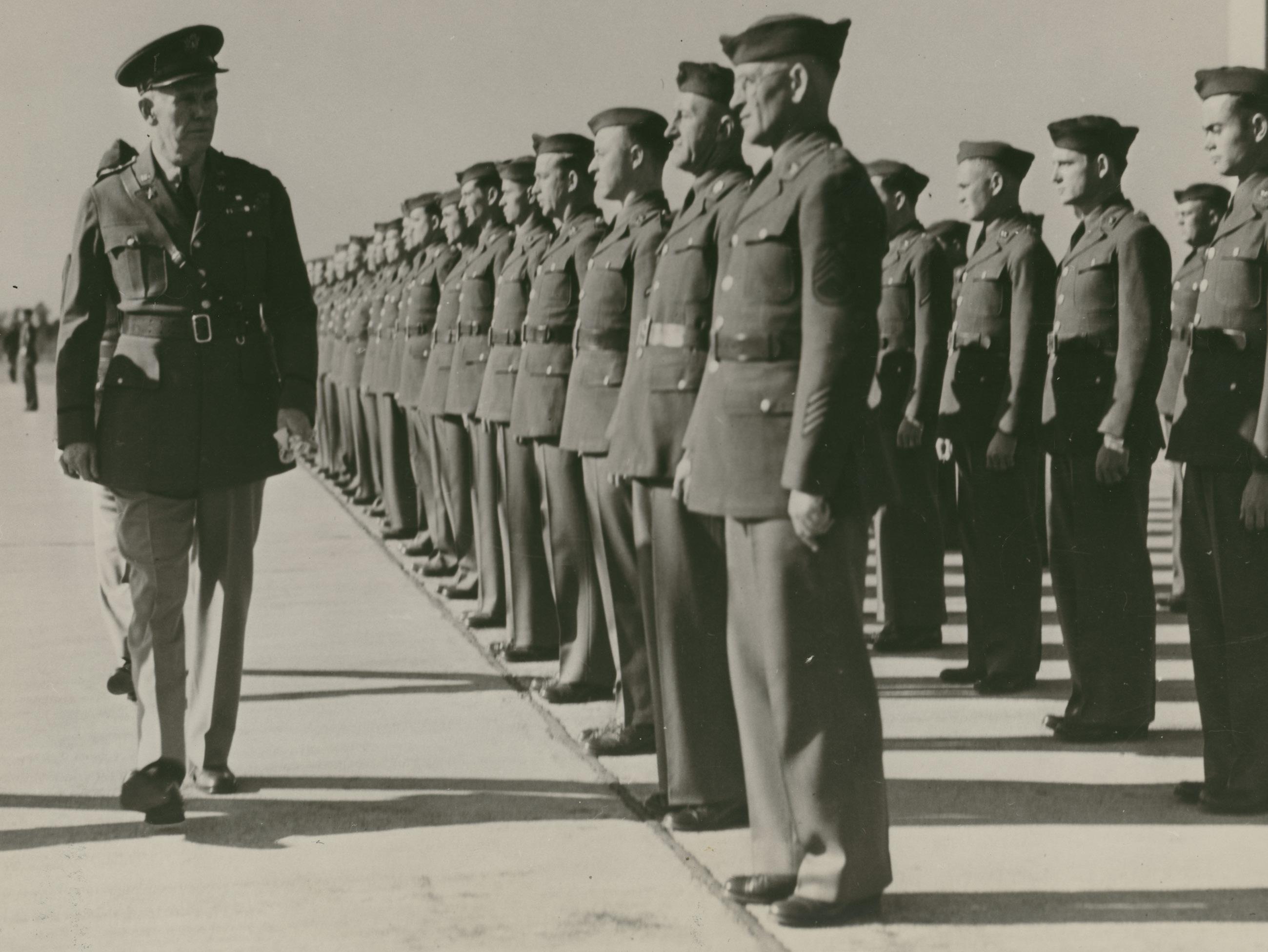
FOUNDATION STAFF
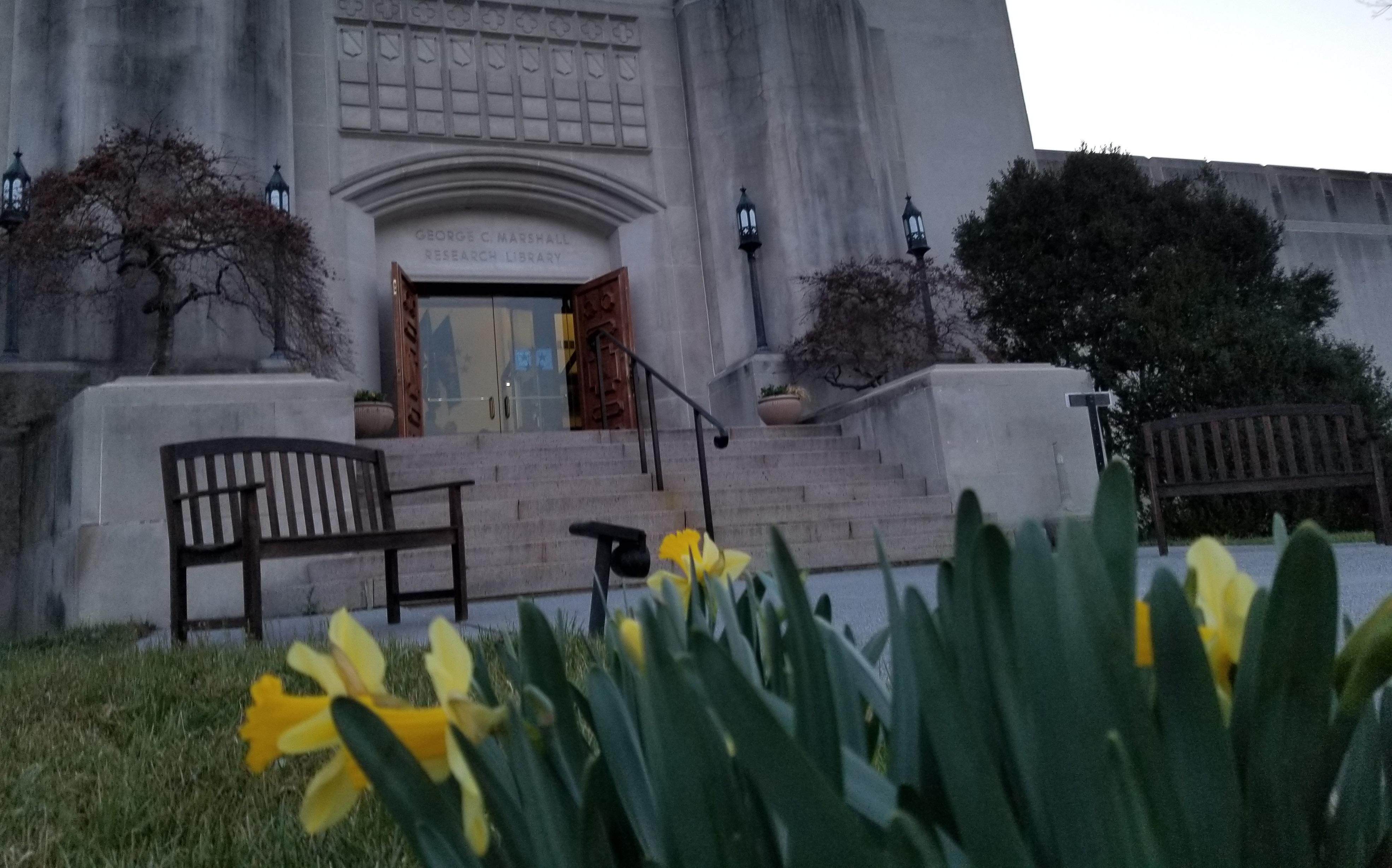
Glen J. Carpenter
Director of Communications and Multimedia
gcarpenter@marshallfoundation.org
Melissa Davis
Director of Library and Archives mdavis@marshallfoundation.org
Alice J. Lee
Special Projects Assistant leeaj@marshallfoundation.org
Paul A. Levengood
President plevengood@marshallfoundation.org
Leigh H. McFaddin
Associate Director of Development and Special Events mcfaddinlh@marshallfoundation.org
Matthew M. Waldron
Chief Financial Officer mwaldron@marshallfoundation.org
John J. Wranek III
Director of Development jwranek@marshallfoundation.org
BOARD OF TRUSTEES
Bennett L. Ross Chairman
Hunter A. Applewhite
C. Russell Fletcher, III Chairman Emeritus
George W. Foresman
Walton M. Jeffress, Jr.
Andrew G. Kumpuris
Paul A. Levengood
Cynthia Marsteller
Jessine A. Monaghan
Don Mosman
Thomas H. Murphy
Thomas A. Pritchard
Peter Prowitt
Maria P. Rasmussen
David L. Roll
James M. Schmuck
Michael A. Williams
James J. Winn, Jr.
Cedric T. Wins
Robert G. Woodward
Clifford Miller Yonce
COUNCIL OF ADVISORS
John B. Adams, Jr.
Nancy K. Baker
Mark Baruch
Julius W. Becton, Jr.
Ann L. Brownson
Thomas S. Burack
Christine K. Carrico
Robert B. Charles
Richard B. Cheney
Richard A. Cody
Madison F. Cole, Jr.
William E. Dreyer
Charles W. Dyke
Gregory P. Gass
David Hein
Thomas H. Henriksen
Paul R. Ignatius
Walter H. Kansteiner, III
John M. Keane
John W. Knapp
Volunteers
Paul Barron
Carroll Comstock
Eryn Davis
Rachel Rowland
Frank Settle
William J. Lemon
Constance A. Morella
Thomas R. Morris
Charles W. Payne, Jr
L. F. Payne, Jr.
Thomas R. Pickering
Kurt A. Polk
James E. Rogers
Gordon R. Sullivan
Richard F. Timmons
Carl E. Vuono
Harry H. Warner
Olin L. Wethington
Samuel B. Witt III
John H. Zentay
Rose Mary Sheldon Elders from the Church of Jesus Christ of Latter-day Saints
45

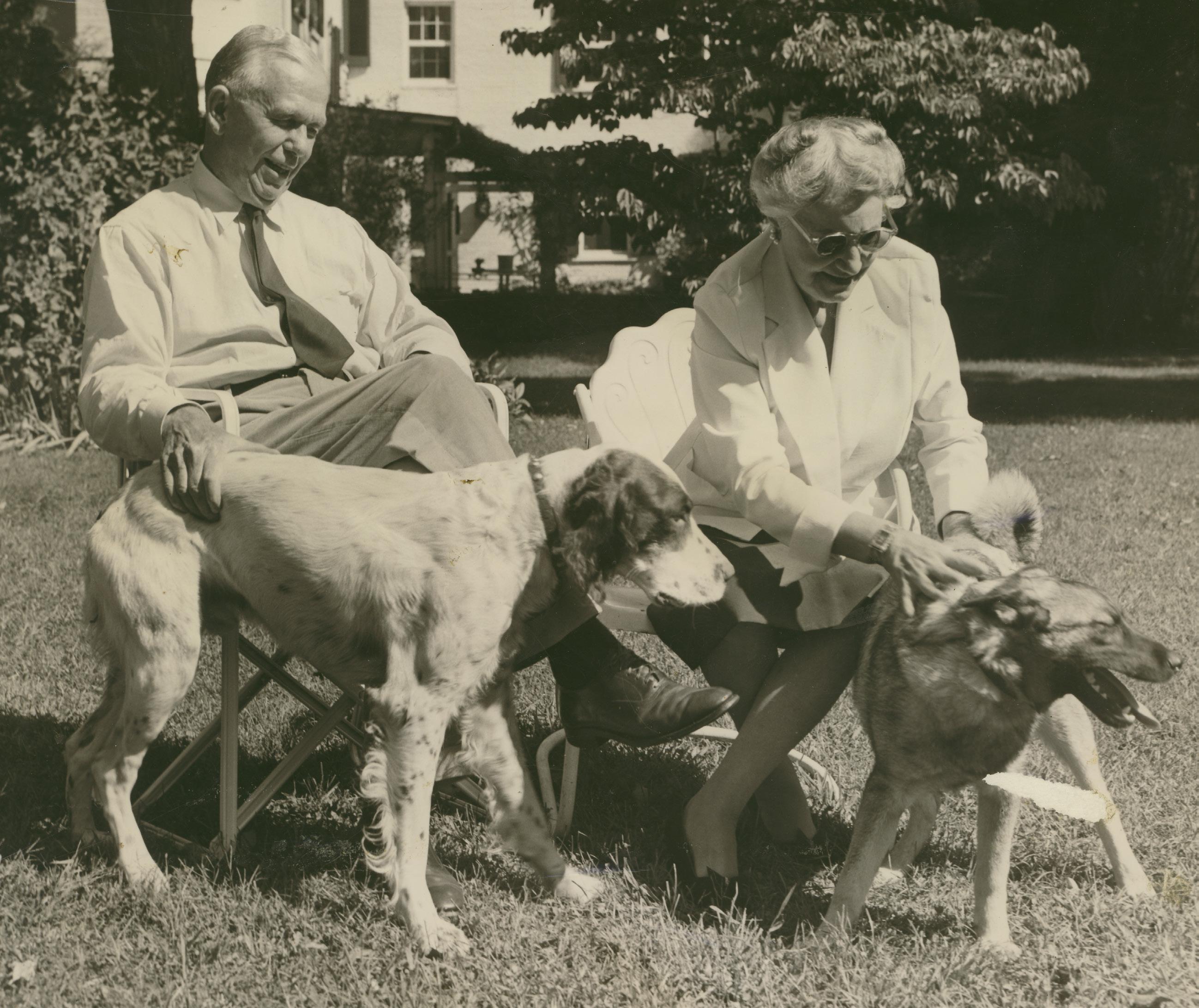
P.O. Box 1600, Lexington, VA 24450
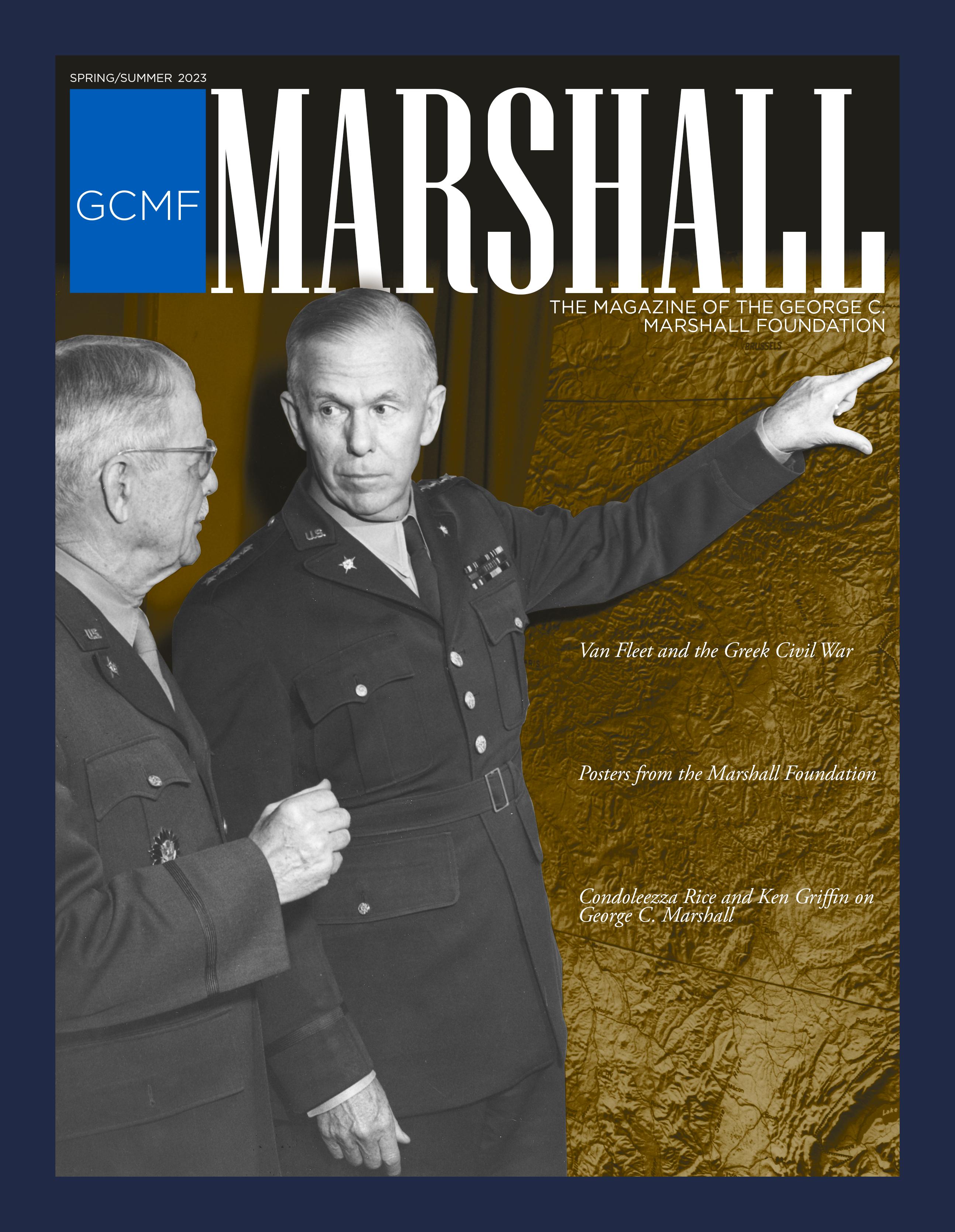
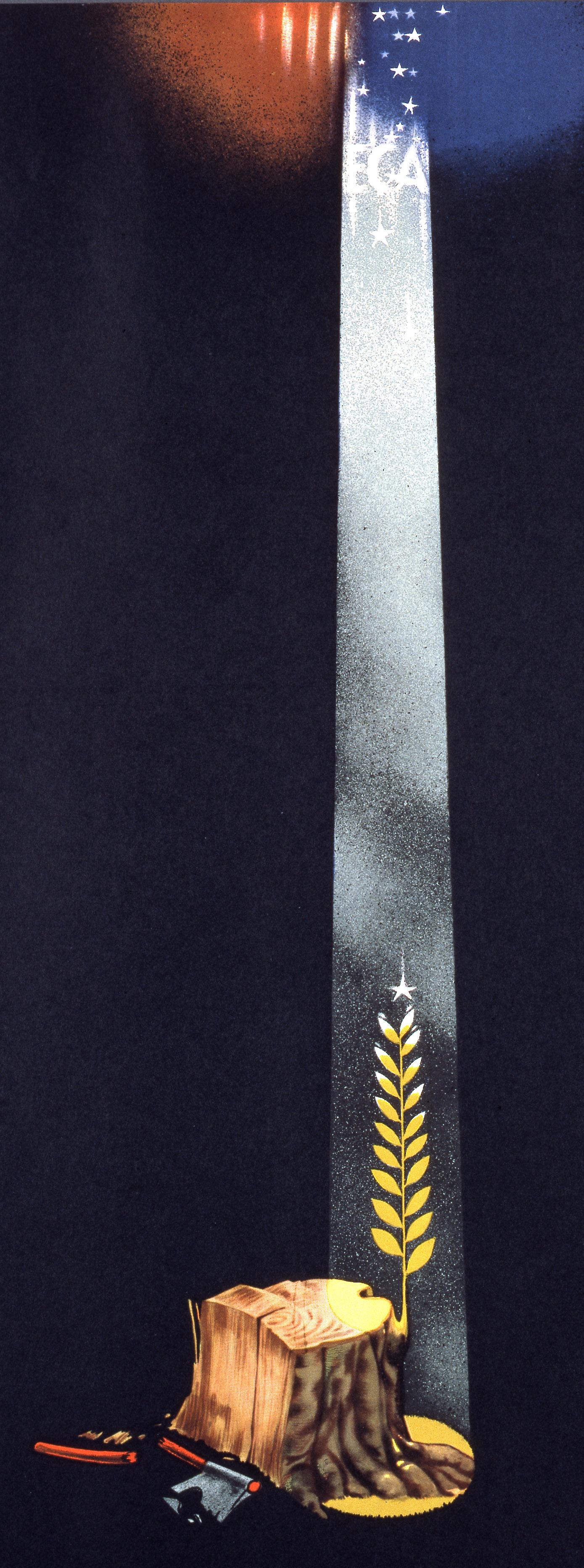
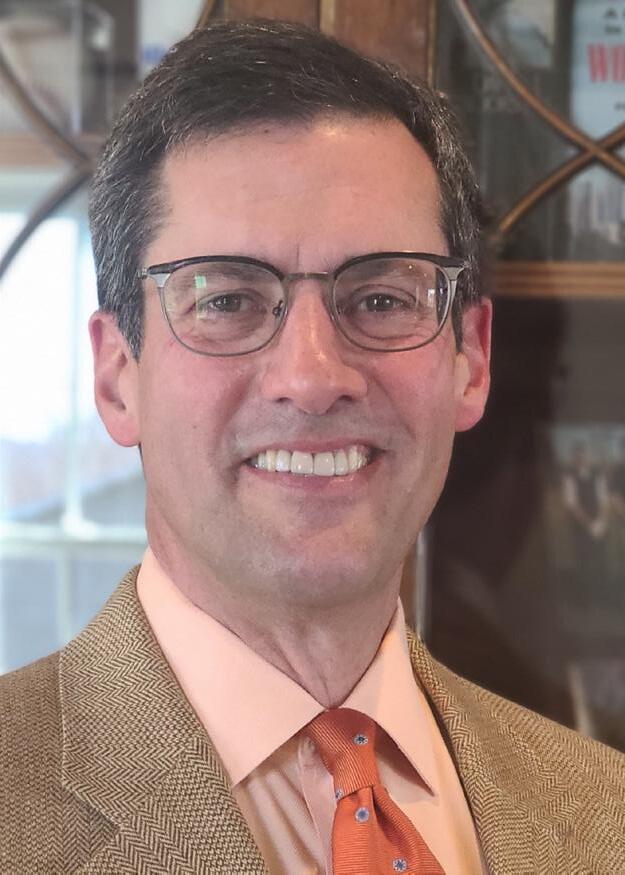
 Bennett L. Ross, Chairman of the Board
Bennett L. Ross, Chairman of the Board
